Cyberattacks are increasingly becoming even more frequent and expensive. Based on studies, the worldwide average cost of a data breach has hit the mark of 4.45 million at 15 percent higher than three years before. Businesses can no longer afford reactive security. That’s why Pen Testing as a Service vendors (PTaaS) are now central to modern cybersecurity strategies. In contrast to the concept of traditional penetration testing, PTaaS will operate in an on-demand, scalable, and automated testing that will be built into your CI/CD pipelines. This facilitates easier identification, prioritization, and remediation of vulnerabilities development and security teams by the developer and security team so that the vulnerabilities do not get exploited by attackers.
As a fintech start-up creating reliable APIs or a health care provider concerned with HIPAA, it is important to choose the right partner in pentesting as a service that will ensure your firm can stay resilient and keep in line with the policies.
Which penetration test as a service will suit you? We can help you get one that best suits your requirements and security maturity.
What is Pen Testing as a Service (PTaaS)? And how is it Different?
Pen Testing as a Service (PTaaS) has become an innovative solution to penetration testing as its combination of close industry-level guidance and security testing and allowance of cloud-scale solutions leads to high levels of flexibility and aids in rounding up the security testing. In contrast to the prevailing system of regular but infrequent pen tests, usually happening once or twice per year and in the form of a static report, platforms that incorporate PTaaS are accessible on a more permanent basis, run testing cycles more frequently, and provide real-time remediation information.
Check out: Penetration Testing Tools
Key Differences Between Traditional Pen Testing and PTaaS:
| Traditional Pen Testing | PTaaS |
| Conducted annually or biannually | On-demand and continuous testing |
| Static PDF reports | Interactive dashboards with real-time updates |
| Limited developer visibility | Seamless DevSecOps integration |
| Manual coordination and scheduling | Self-serve test requests via the platform |
| No real-time remediation support | Live collaboration with testers and fix suggestions |
Testing is not the only feature of PTaaS companies because they also provide transparency, scalability, and continuous risk mitigation as a platform-based experience. This is particularly important in 2025, where the security must proceed at agile development and cloud deployment speeds.
Must read: Unveiling the Depths of Cyber Security Pentesting: Safeguarding Your Digital Realm
The 7 Critical Factors for Evaluating PTaaS Vendors
Selecting an appropriate Pen Testing as a Service (PTaaS) provider is not a matter of check marks. It is a matter of locating the solution that fits your security needs, development pipeline, and compliance-related functions. These seven considerations will become central elements in the process of considering vendors of PTaaS:
1. Testing Methodology
Know the capabilities of the vendor (do they provide manual testing and/or perform automated scanning or both?) A reputable provider ought to communicate in detail about how they test and also appear to be able to simulate actual attacks, as well as to identify deeper-layer vulnerabilities.
2. Compliance Mapping
It is necessary to locate providers capable of configuring tests to models of compliance, including SOC 2, HIPAA, ISO 27001, PCI-DSS, and GDPR. This is critical, in particular when your company is an enterprise operating in areas with regulations such as finance or healthcare.
3. Real-Time Dashboards and Reporting
PTaaS systems must enable interactive dashboards that may include the status of vulnerabilities, the level of severity, and timelines to improve vulnerability status. This level of visibility is important to DevSecOps teams and regulatory audits.
4. Remediation Support
The best vendors do not email a PDF report. They can collaborate with your coders, give repair suggestions, re-testing help, and even dedicate remedial counselors to help your group.
5. Scalability and Speed
Ensure the platform is scalable against your infrastructure. Regardless of whether you need to test a single app or hundreds as part of microservices, the vendor must provide a quick onboarding and the openness of testing cycles.
6. Security Certifications and Talent
Look for PTaaS vendors with certified ethical hackers (like OSCP, CEH, or CREST). A skilled testing team means more accurate results and fewer false positives.
7. Integrations and Developer Experience
Search PTaaS Vendors that have ethical hackers certified (such as OSCP, CEH, or CREST). An experienced testing inelegance implies a higher rate of correct results and fewer false positives.
Also read: Penetration Testing and Its Methodologies
The Top Pen Testing as a Service Vendors: An Honest Comparison
Find out who provides the best Pen Testing as a Service provider of dynamic, scalable, and efficient security testing solutions in 2025. Regardless of whether you are a startup, an enterprise, or a government agency, these vendors all promise to offer a set of strengths to the table. These are their comparisons:
1. Qualysec
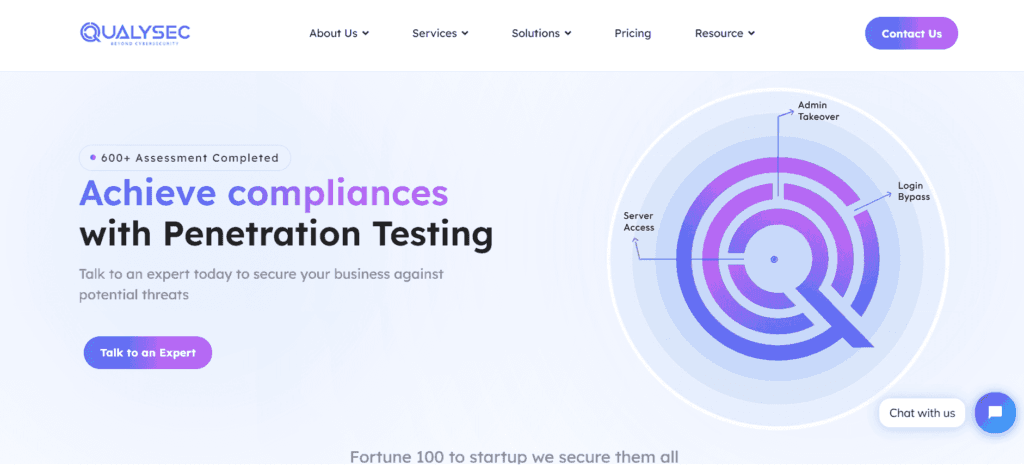
Best For: Ideal in companies that require more than vulnerability scan, preferring clarity, accountability and pro-active remediation in the security posture.
Qualysec is on the list of those vendors of Pen Testing as a Service that combine the automatic scans and in-depth manual tests. It provides an unparalleled accuracy due to the simulation of real-life exploits, leaving the results developer-actionable, and devoid of false positives. This is why it is especially useful to agile teams, security first startups and compliance heavy industries such as finance, healthcare, and SaaS.
Key Strengths:
- Zero False Positives Warranty: All of the findings are done by manual verification to guarantee that development teams only operate on the exploitable and high-risk problems.
- Compliance-Led Reporting: Reported data is organized in the context of meeting PCI-DSS, HIPAA, SOC 2, ISO 27001 and GDPR audit requirements.
- CI/CD Integration: Integrates well with developer pipeline tools such as Jira, GitHub and Jenkins.
- Simulation of Real World Exploits: Manual testing is used to simulate attacker behavior where complicated, business-logic flaws can be detected that escapes the scanners.
- Specific remediation assistance: The clients also receive a detailed procedure of addressing the vulnerabilities alongside the report.
- Qualysec includes Post-Test Retesting: Post-repairs, the Qualysec team checks whether everything is done without extra expenses.
- International Clients and Recognised Experts: Qualysec has qualified clients around the US, Europe, and Asia as the team consists of certified ethical hackers (OSCP, CEH, CREST).
Check out our Penetration Testing Services for a deep dive into Qualysec’s PTaaS capabilities.
2. Cobalt.io
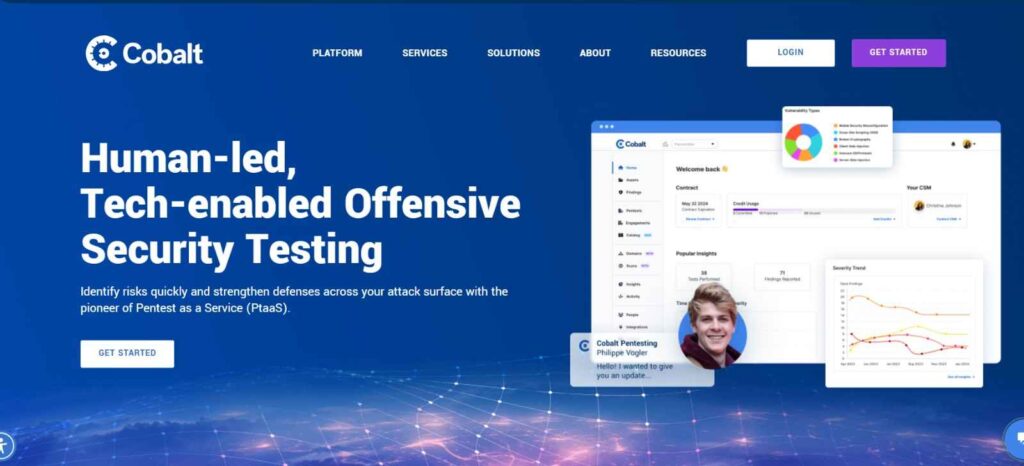
Best For: DevSecOps teams needing agile, on-demand pen testing
Cobalt.io has a PTaaS platform that entails a flexible service-based connection between vetted security researchers and clients with its Pentest-as-a-Service format. It focuses on being compatible with CI/CD tools and offers testing of agile projects, where it is frequently used by hasty start-ups and technological companies.
3. Synack
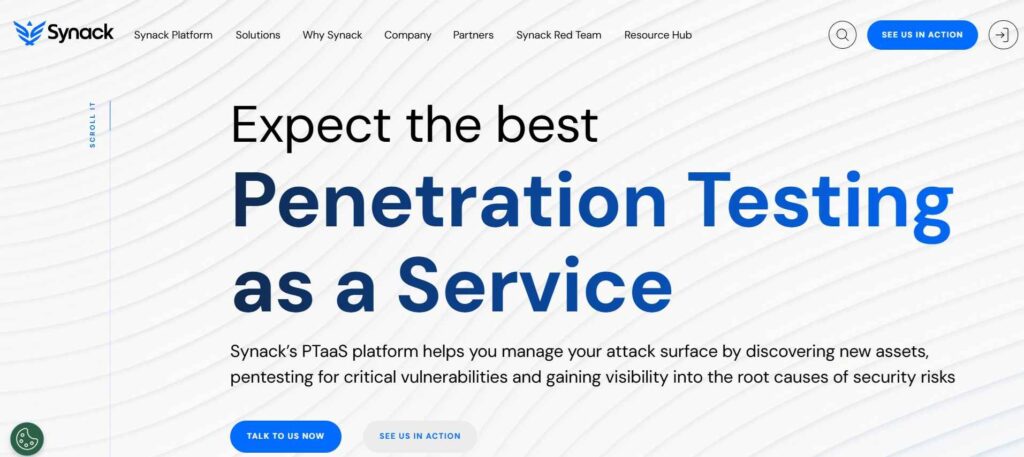
Best For: High-assurance crowdsourced testing with vetting and AI analytics
Synack is a combination of an AI-driven vulnerability detection and a verified crowd of security professionals. With government-level testing functionality, Synack is well suited to businesses requiring in-depth knowledge of their security needs, with military-level reporting and verification of threats.
4. HackerOne
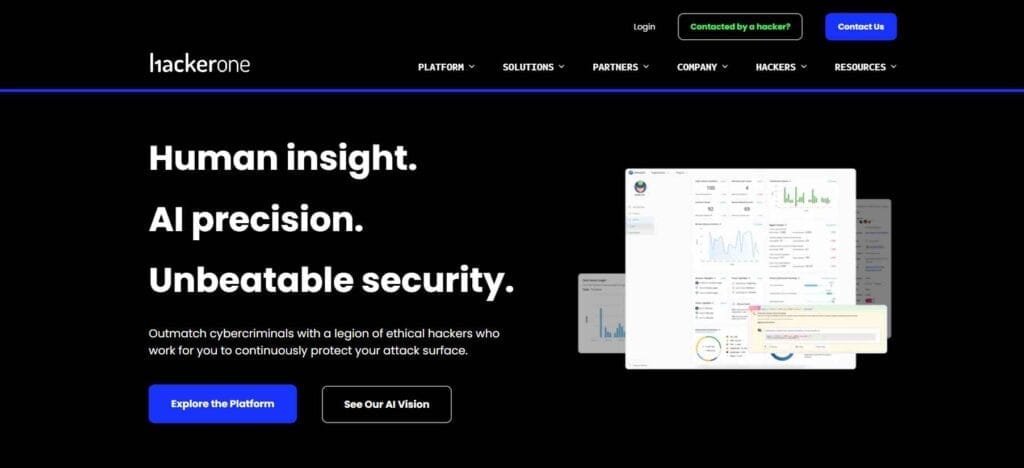
Best For: Hacker-powered testing and bug bounty program management
HackerOne offers a PTaaS-type that utilizes a huge network of ethical hackers to identify vulnerabilities. It is particularly beneficial to organizations that can afford to host public or privately handled bug bounty programs and require versatile vulnerability-identifying frameworks.
5. Bugcrowd
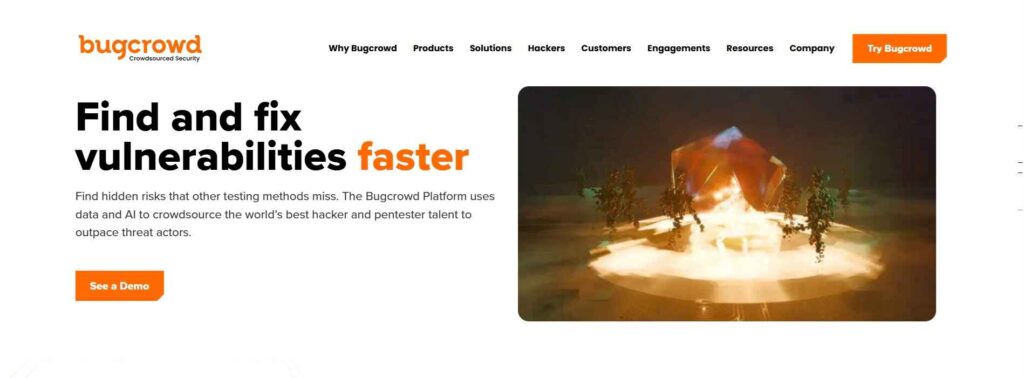
Best For: Customizable crowdsourced security testing
Bugcrowd has a wide range of crowdsourced cybersecurity services, such as PTaaS, bug bounties, and attack surface management. There is also no better platform to continuously and scale-test an organization, especially in DevOps processes.
6. Intruder.io
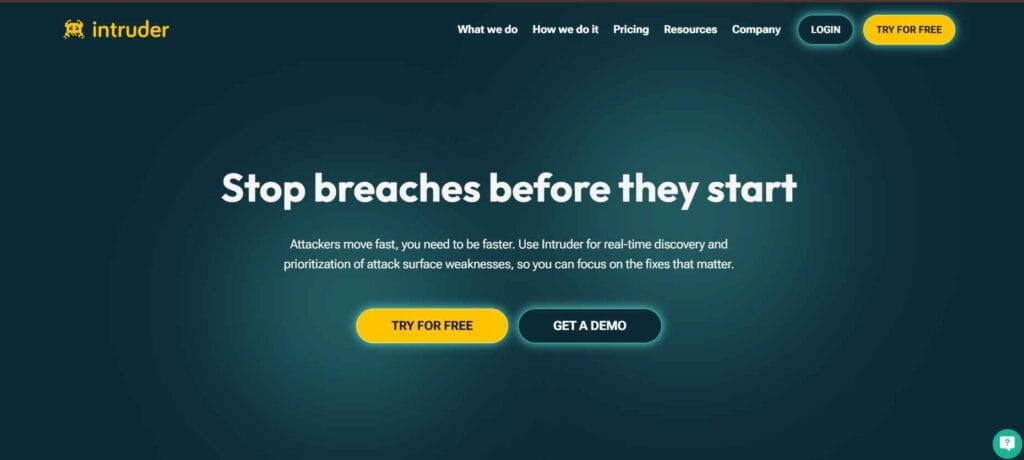
Best For: Automated vulnerability scanning with basic pen testing features
Intruder.io is all about simplicity and automation, and allows constant vulnerability scanning with light pen testing capabilities. It is more appropriate for small to mid-tier businesses with the necessity of low contact visibility at a low price.
7. Pentera
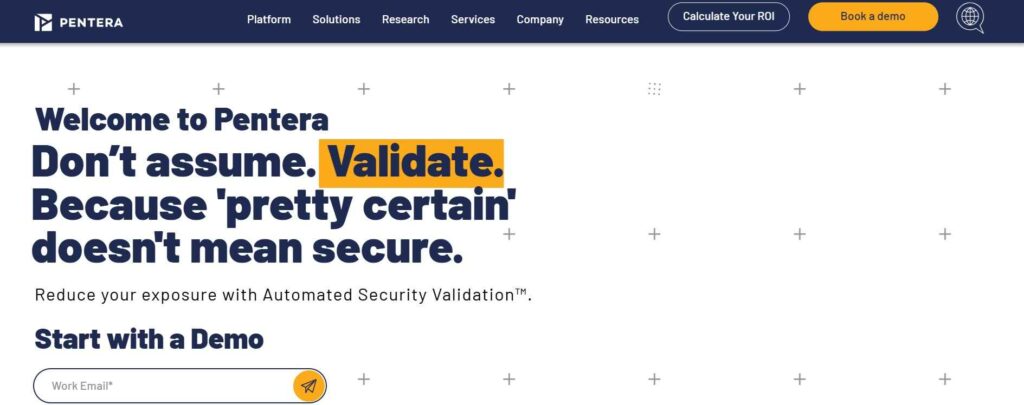
Best For: Automated red teaming and continuous security validation
Pentera has a reputation when it comes to agentless penetration testing engine, being fully automated, and emulating the attacker’s behavior. It assists security units to prove controls and to discover actual exploit paths and prioritize according to the actual exposure of risks..
8. Rapid7
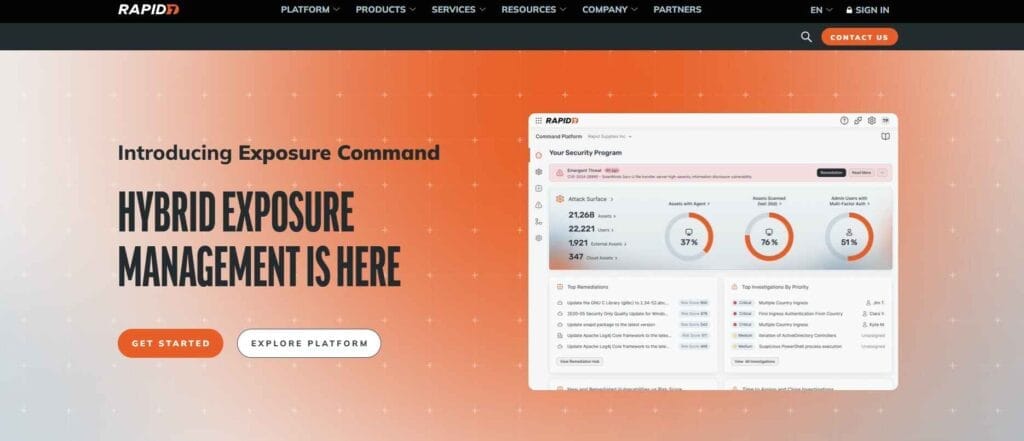
Best For: Enterprise-grade PTaaS with deep analytics and integrations
Rapid7 provides PTaaS through its Insight platform, which is a complete vulnerability management, compliance, and risk analytics solution. They are compatible with mid and large business requirements that require deep integrations with SIEM, SOAR, and DevOps pipelines.
9. Secureworks

Best For: Managed security and PTaaS for compliance-heavy sectors
Secureworks integrates its threat knowledge with expert-based pen testing to offer a wide-range PTaaS. It is a good option for regulated industries such as finance, healthcare, and the government that need security validation in the form of an audit.
10. Detectify
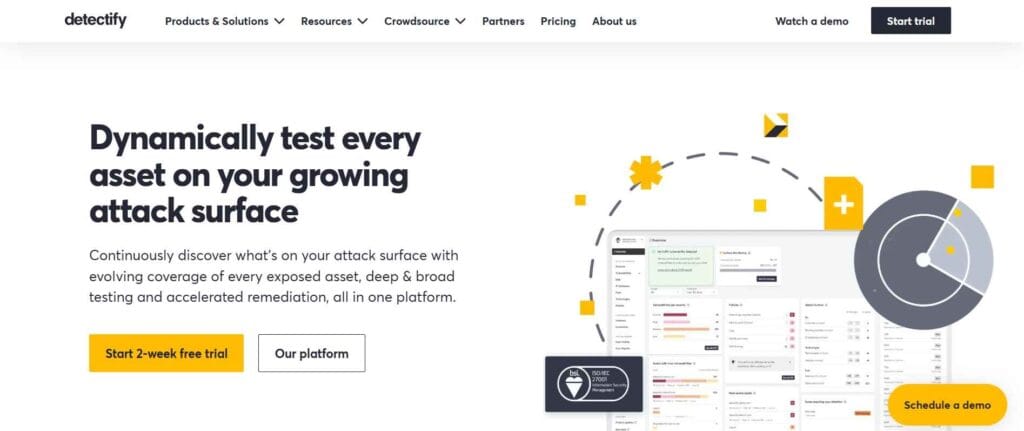
Best For: Developer-centric continuous web app security testing
Detectify provides automated PTaaS that does web-app-related scanning, based on a set of rules that it updates using a community of ethical hackers. It can be used by DevOps teams well, fits into CI/CD pipelines readily, and provides continuous evaluations.
Explore our Comprehensive Penetration Testing Overview for methodology insights.
Latest Penetration Testing Report
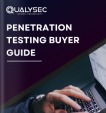
Conclusion
The newest addition in the cybersecurity industry, Pen Testing as a Service (PTaaS), is transforming the way the enterprise is dealing with cybersecurity by 2025; it is rapid, scalable, and easily accommodated within the DevOps overall process. Whether you have a fast-growing startup or a business that must ensure compliance across several regions, PTaaS will give you endless visibility and rapid resolution of the assessment to zero in on your security.
According to security maturity and technology stack, and compliance needs, it will be necessary to select the appropriate vendor. Crowd-powered platforms to exclusive VAPT partners both have their powers. But when it comes to manual accuracy, producing zero false positives, and designing reports to fit compliance standards, Qualysec is a reliable provider for the business community across the globe.
Looking for a PTaaS partner that delivers more than just scans?
Talk to Qualysec’s security experts today and see how their tailored penetration testing approach aligns with your long-term security roadmap.
Talk to our Cybersecurity Expert to discuss your specific needs and how we can help your business.
Frequently Asked Questions
Q: How much does PTaaS cost?
Ans: PTaaS is usually priced between 2000 to 20000 dollars per engagement, depending on the extent of work, the amount of assets to test, compliance requirements, and stationary, automated, or a combination of both. Qualysec has flexible payment that is priced by risk exposure and according to the size of the business.
Q: Is PTaaS better than a bug bounty program?
Ans: PTaaS offers regular and always audit-ready structured testing with assured coverage and schedule, in contrast to bug bounty programs that depend on third-party researchers. In case you require repeatable quality results and reports with compliance-level output, the PTaaS would be more suitable.
Q: How long does a PTaaS engagement take?
Ans: The duration of most PTaaS projects lasts 1-4 weeks and is based on the level of complexity. Nevertheless, the PTaaS platforms make it possible to engage in continuous testing and retesting with repeat pipelines and assessment schedules, unlike in traditional testing.
Q: What’s the difference between PTaaS and a vulnerability scanner?
Ans: Vulnerability scanners only identify known problems using known signatures. PTaaS is based on non-automated testing, business logic examination, and close-to-the-real-world exploitation simulation, which predicts the remediation outcome much more effectively. Qualysec is one such example of a provider of automated scans complemented by certified ethical hackers to provide more profound insights.





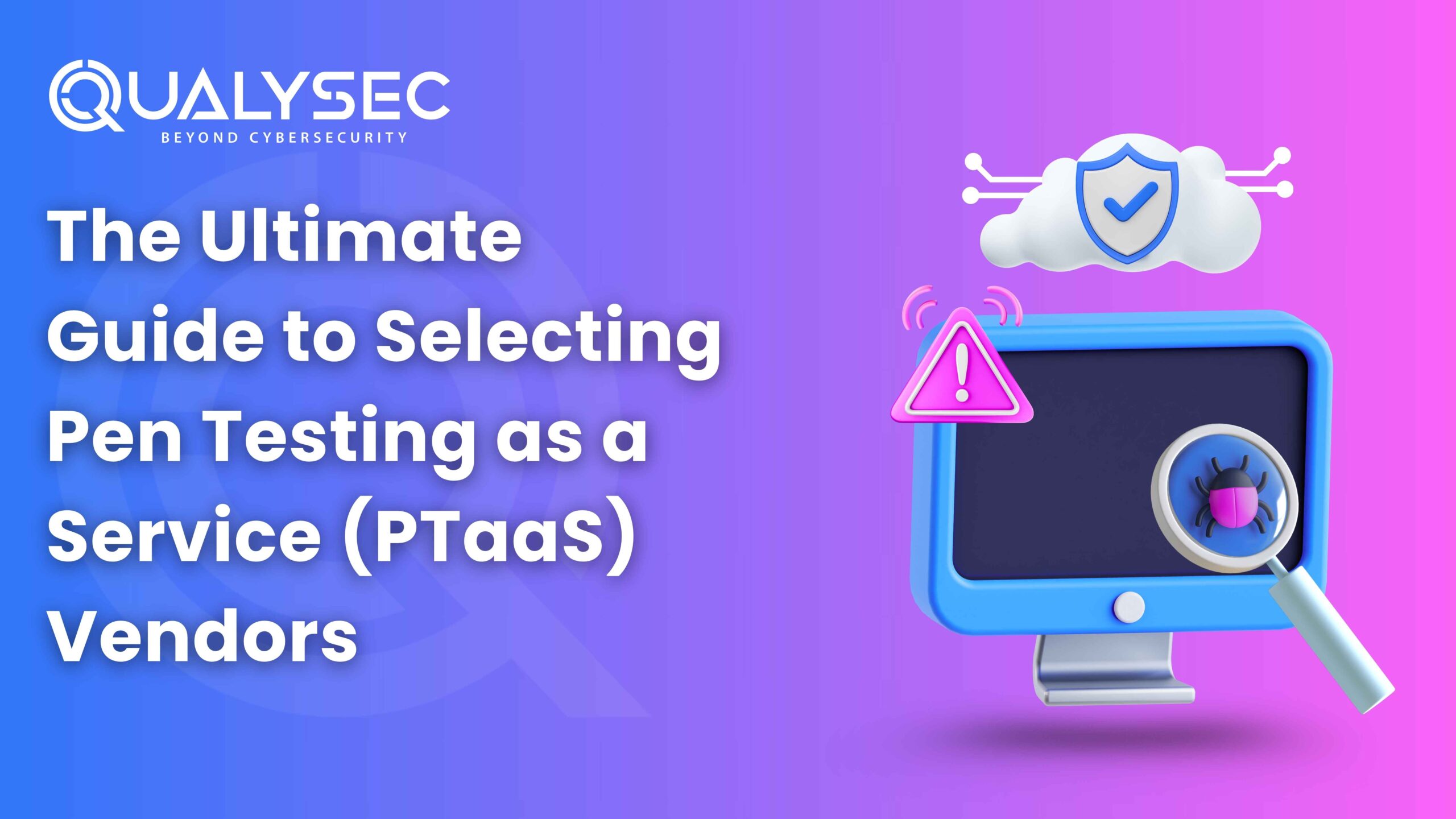



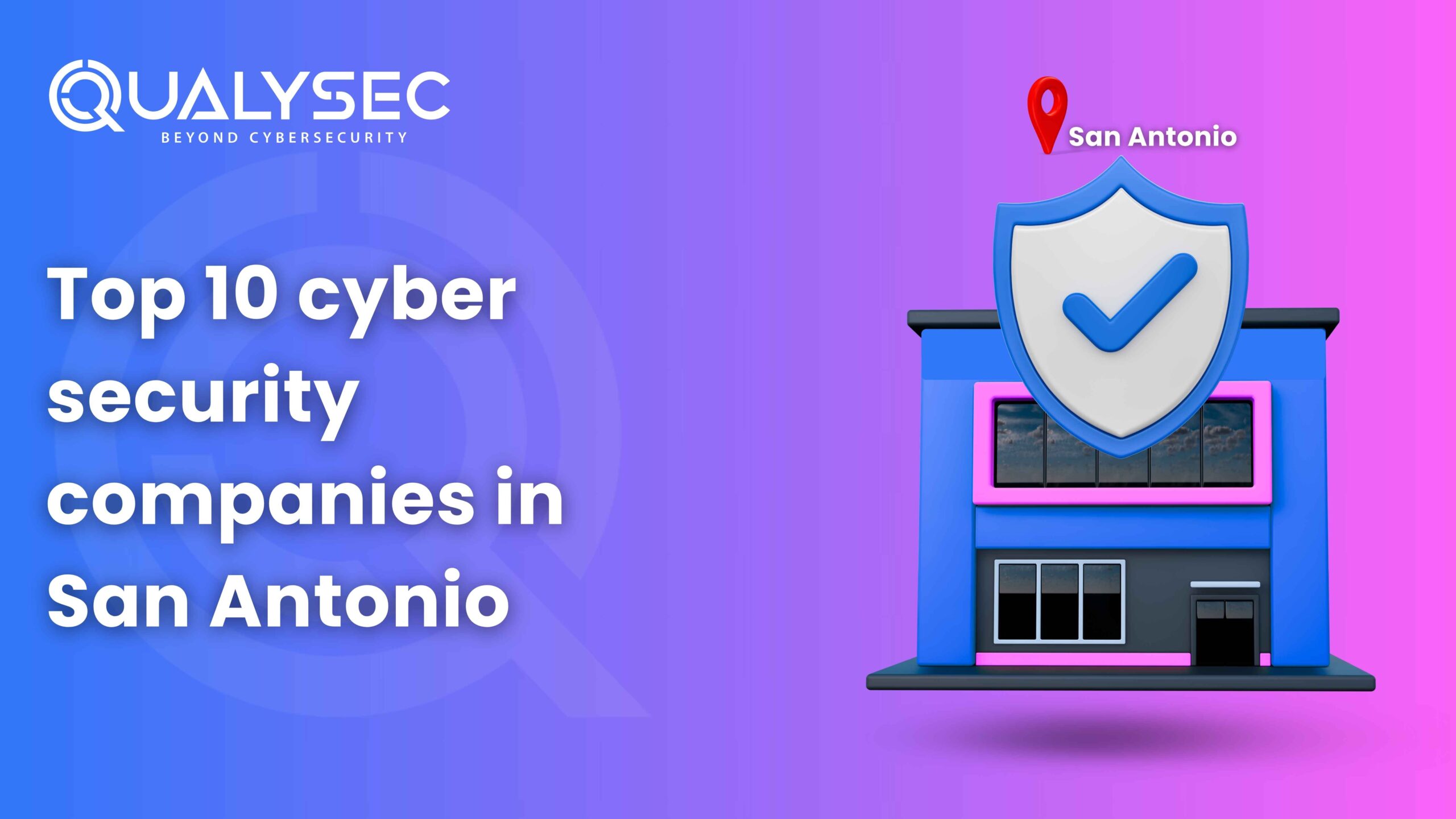
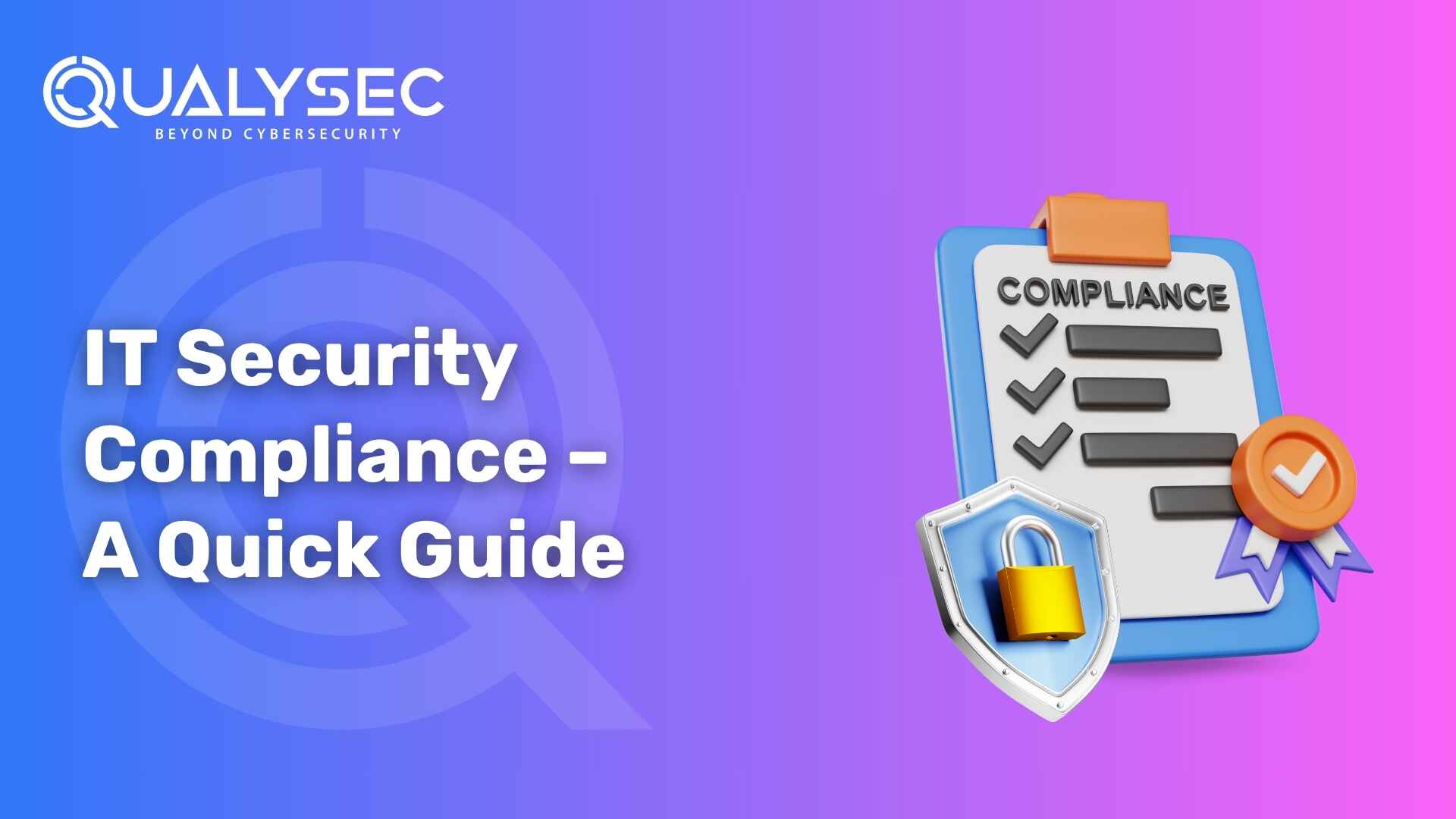
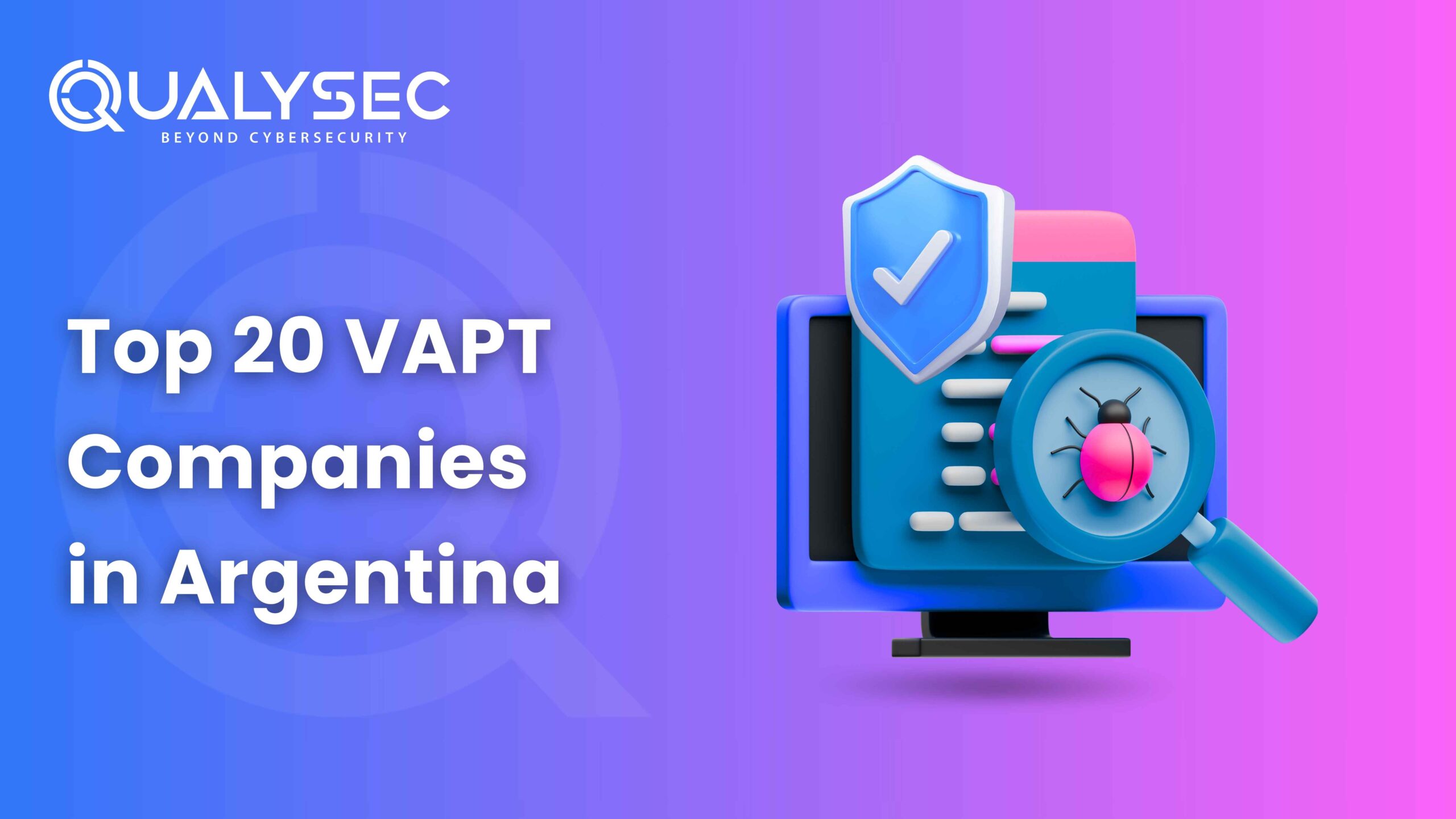
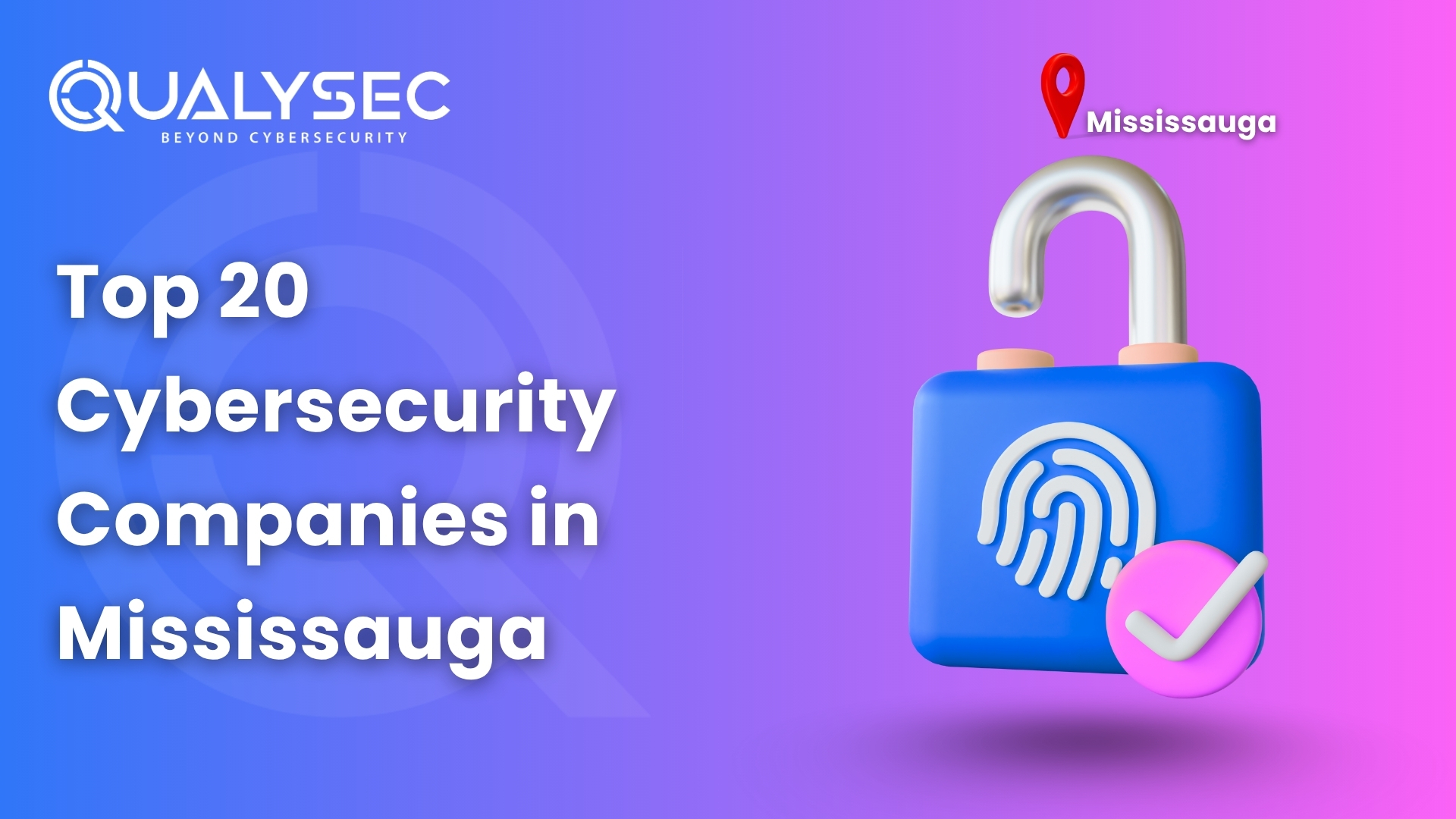

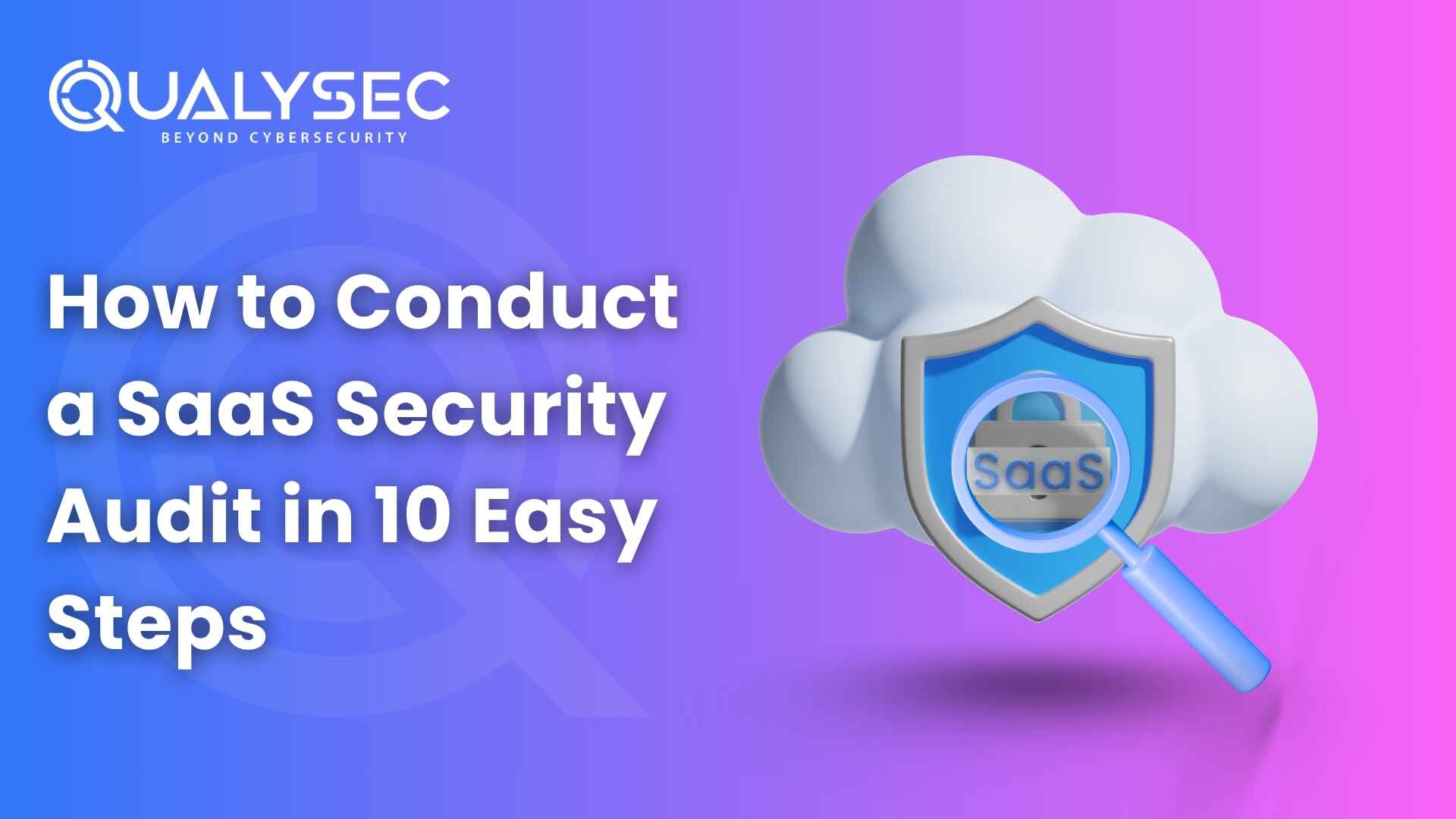


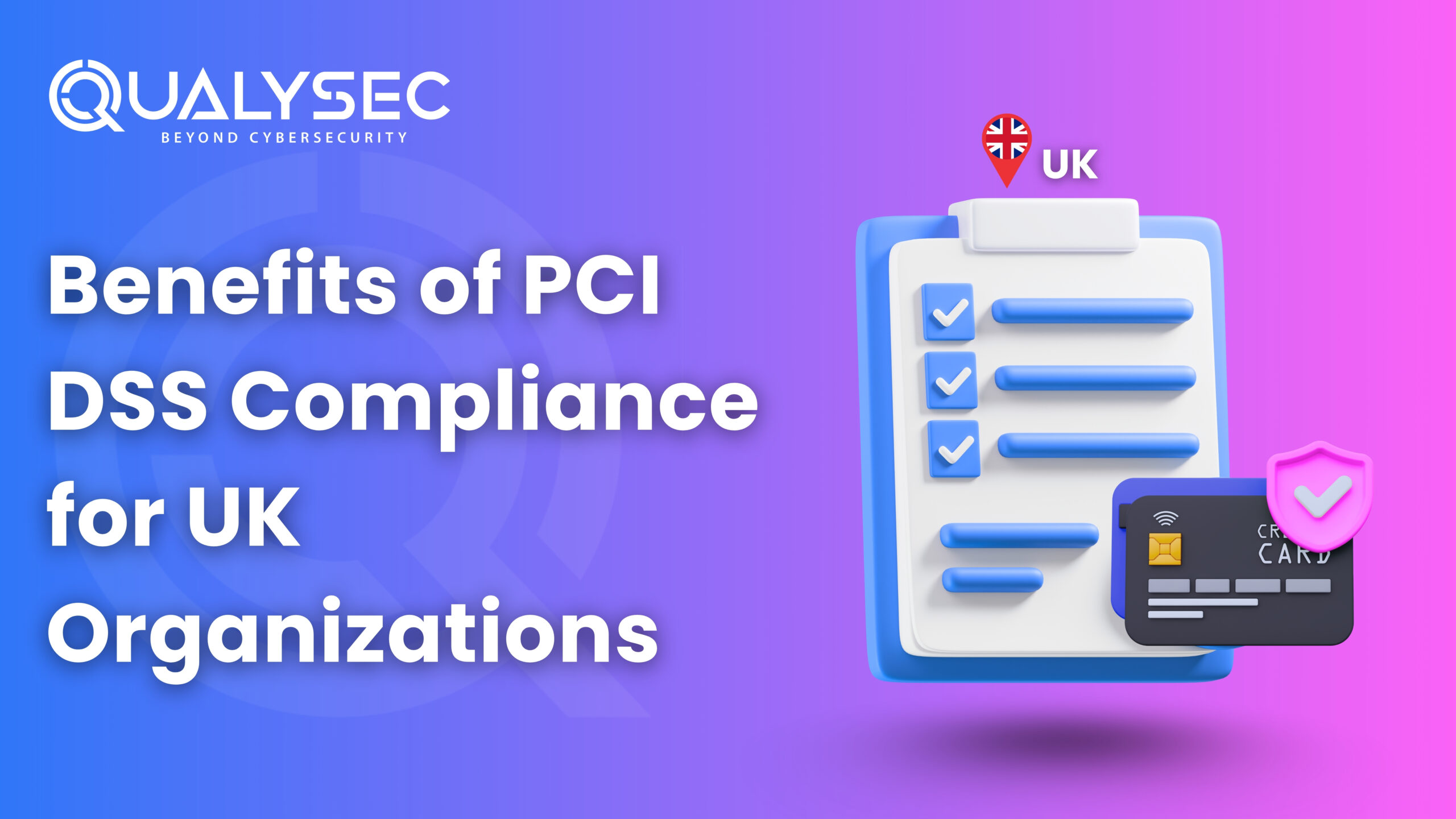

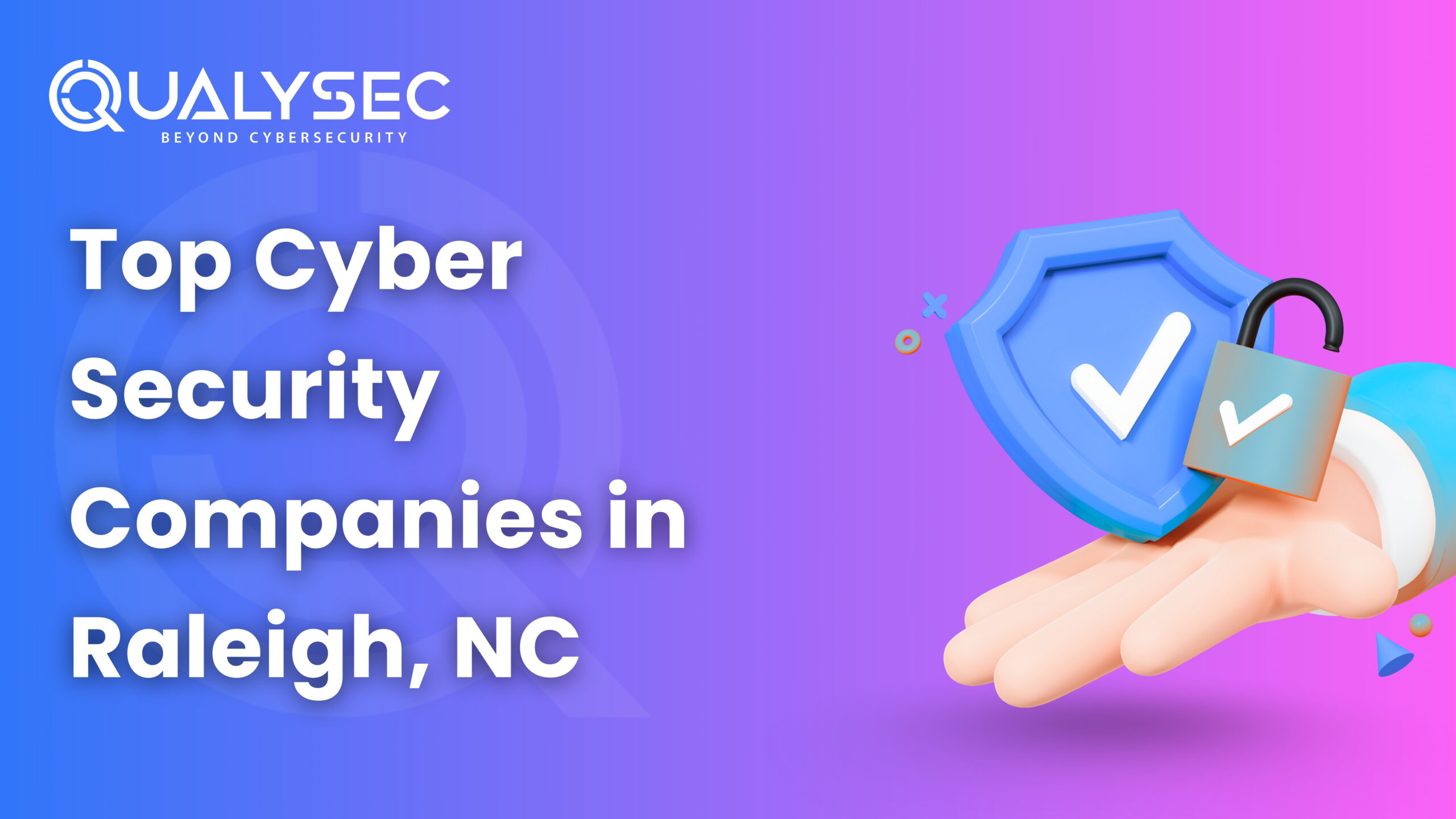
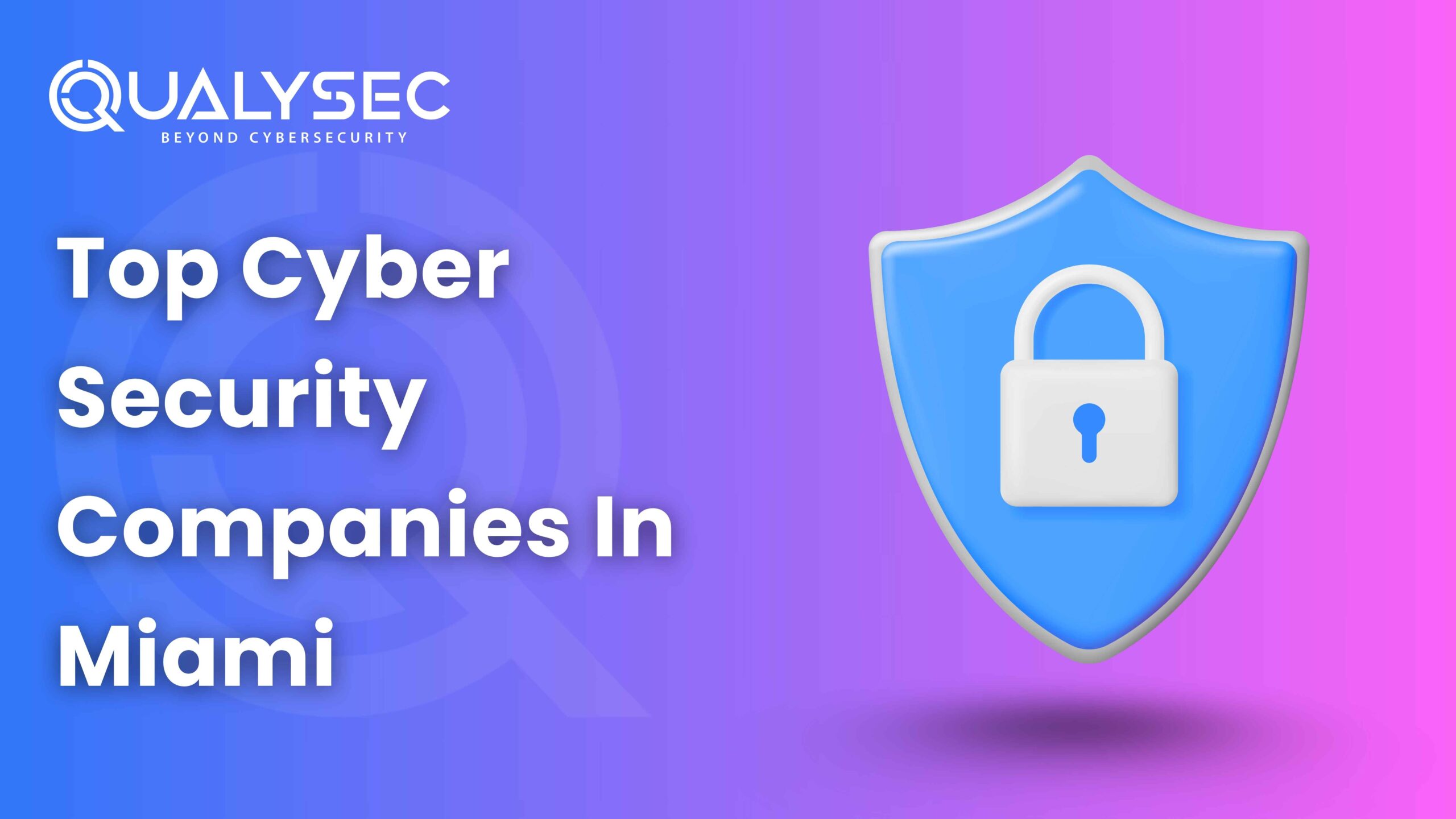

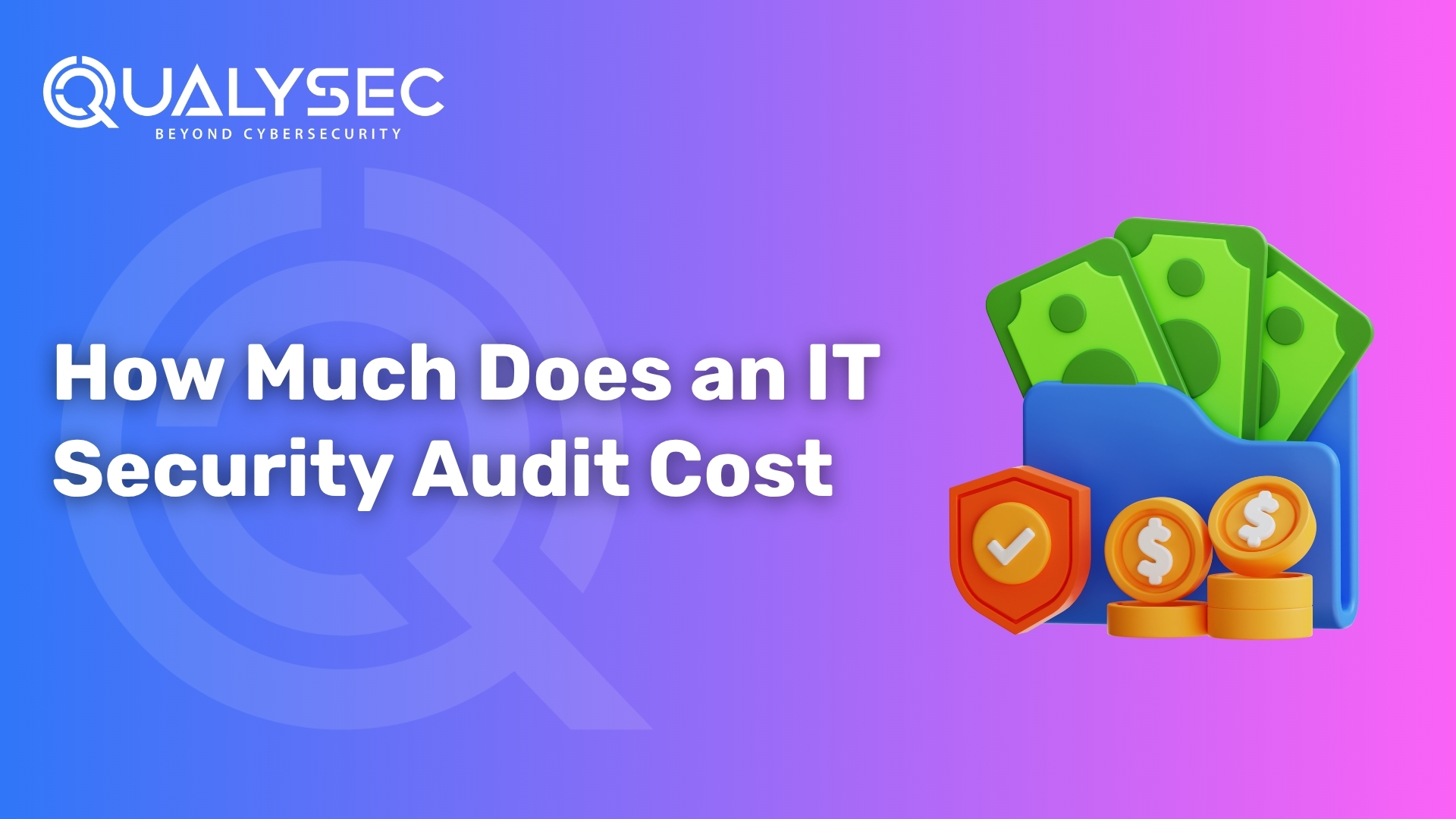
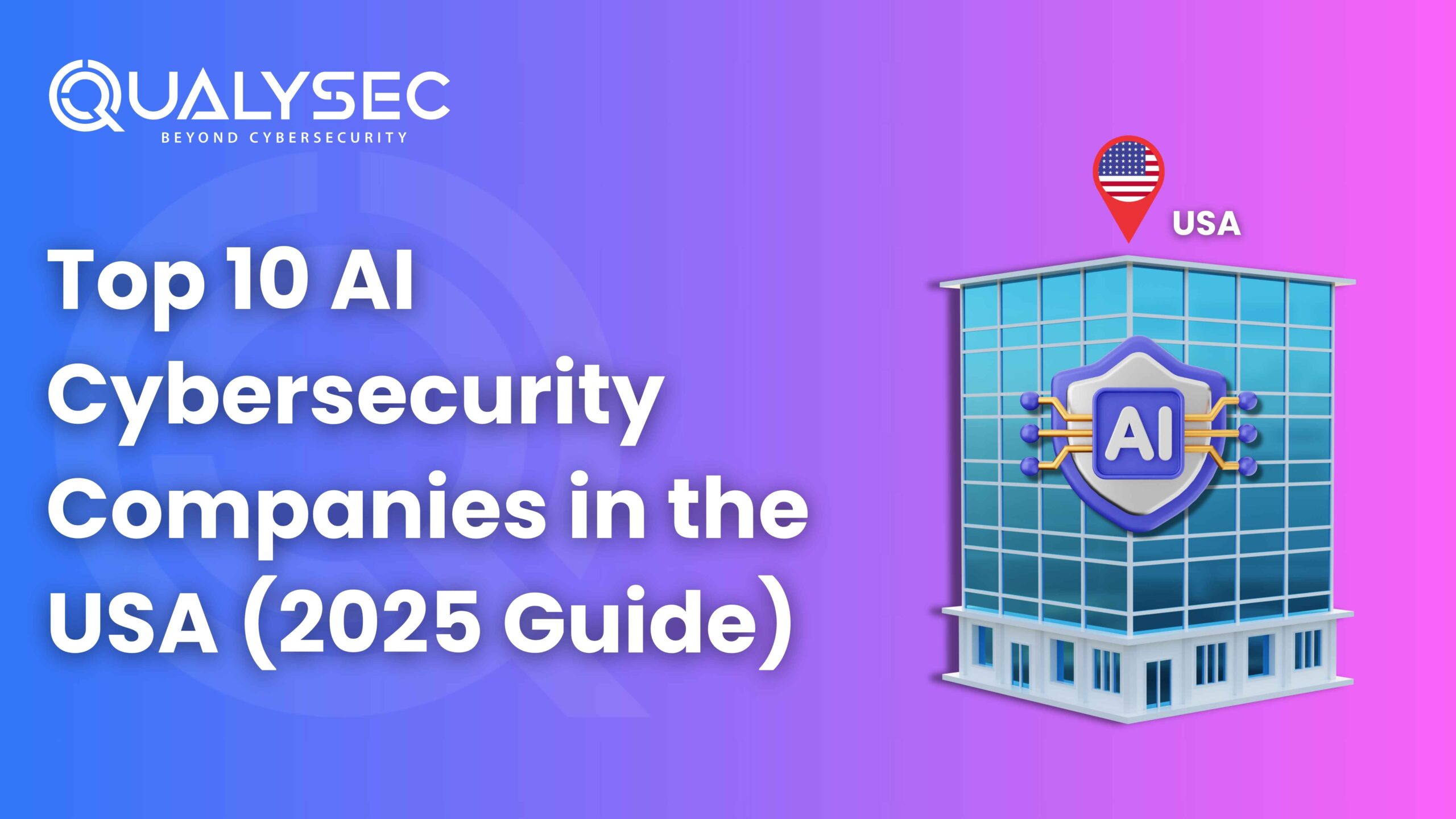
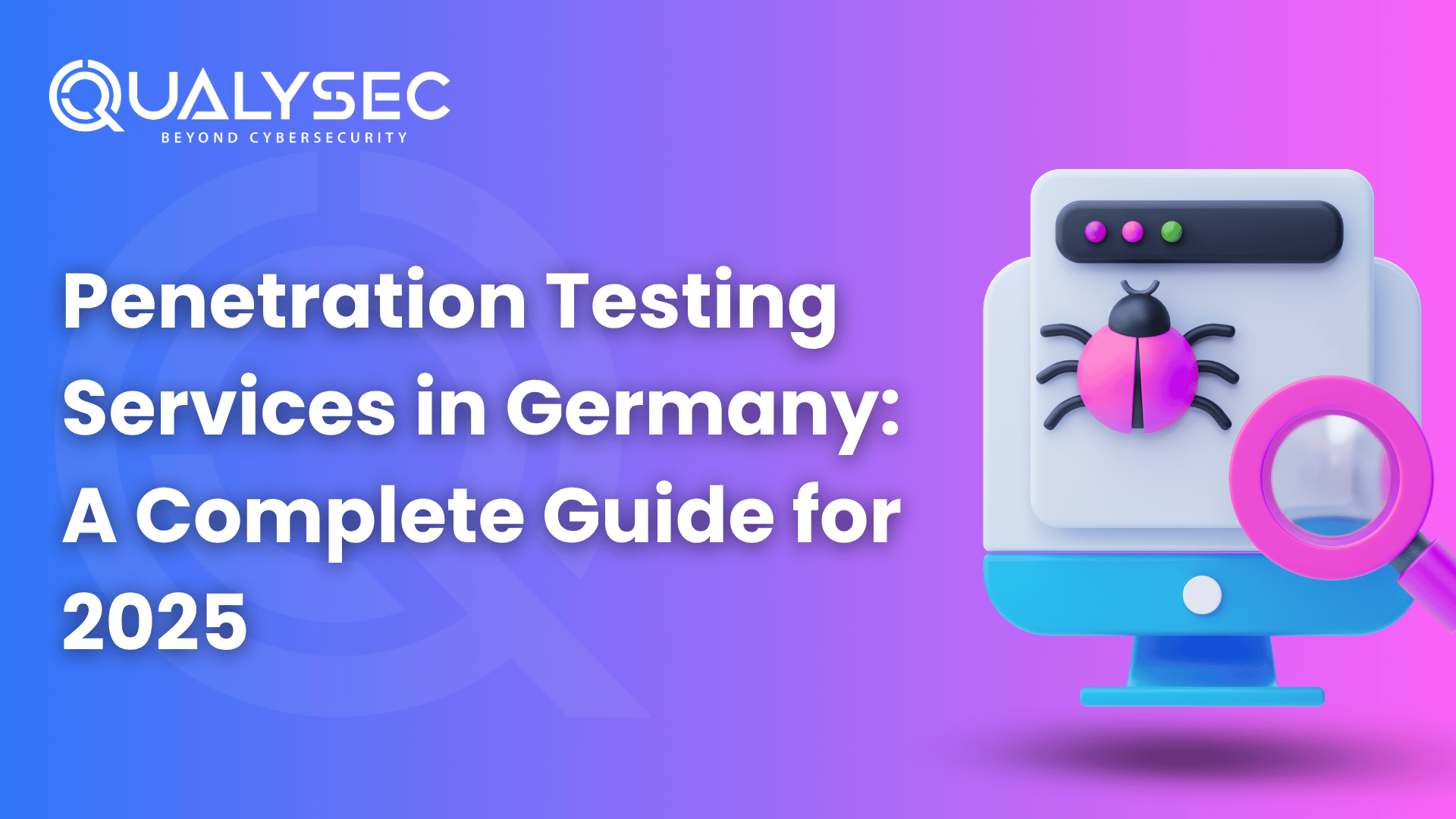
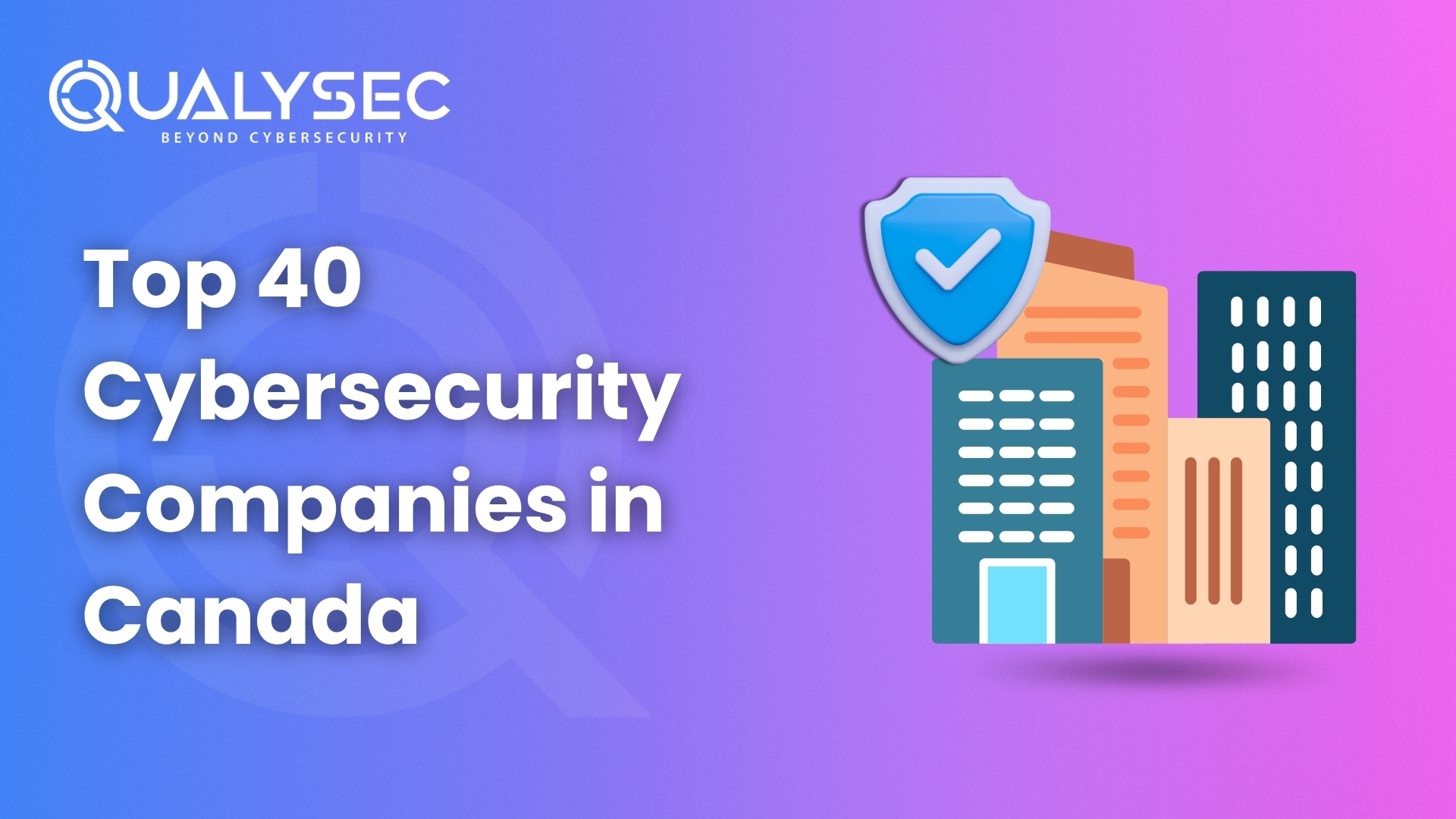
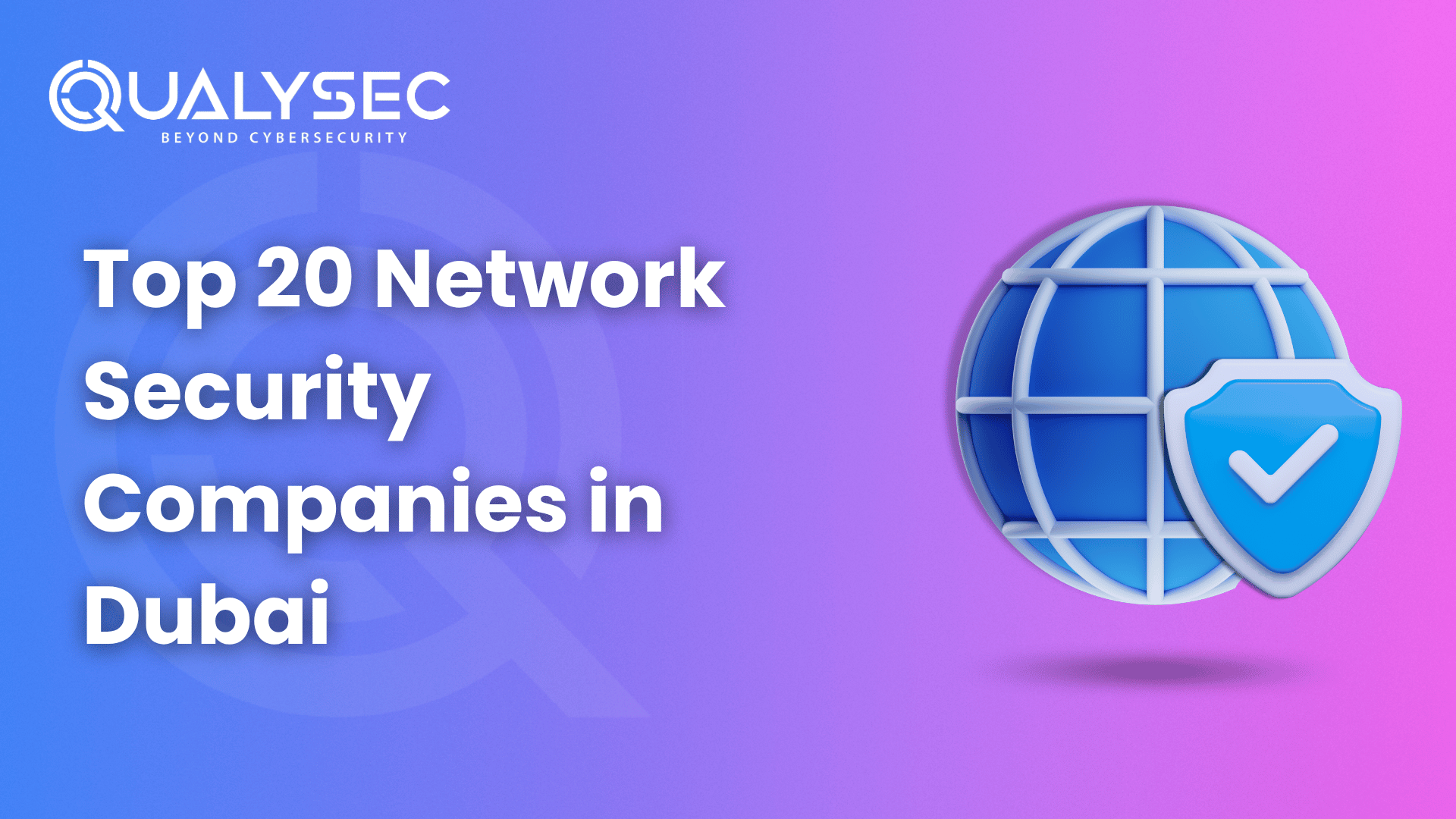
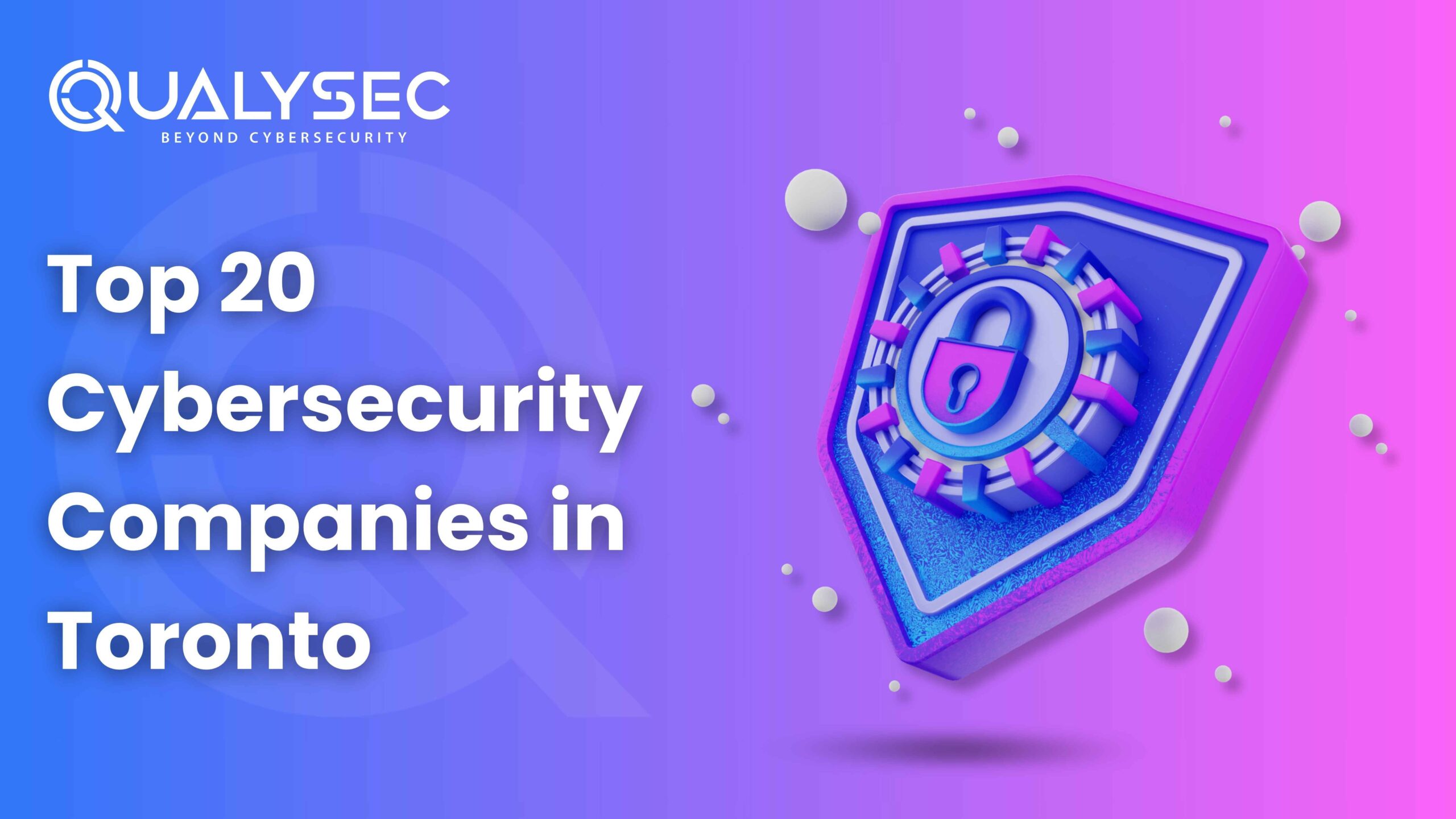
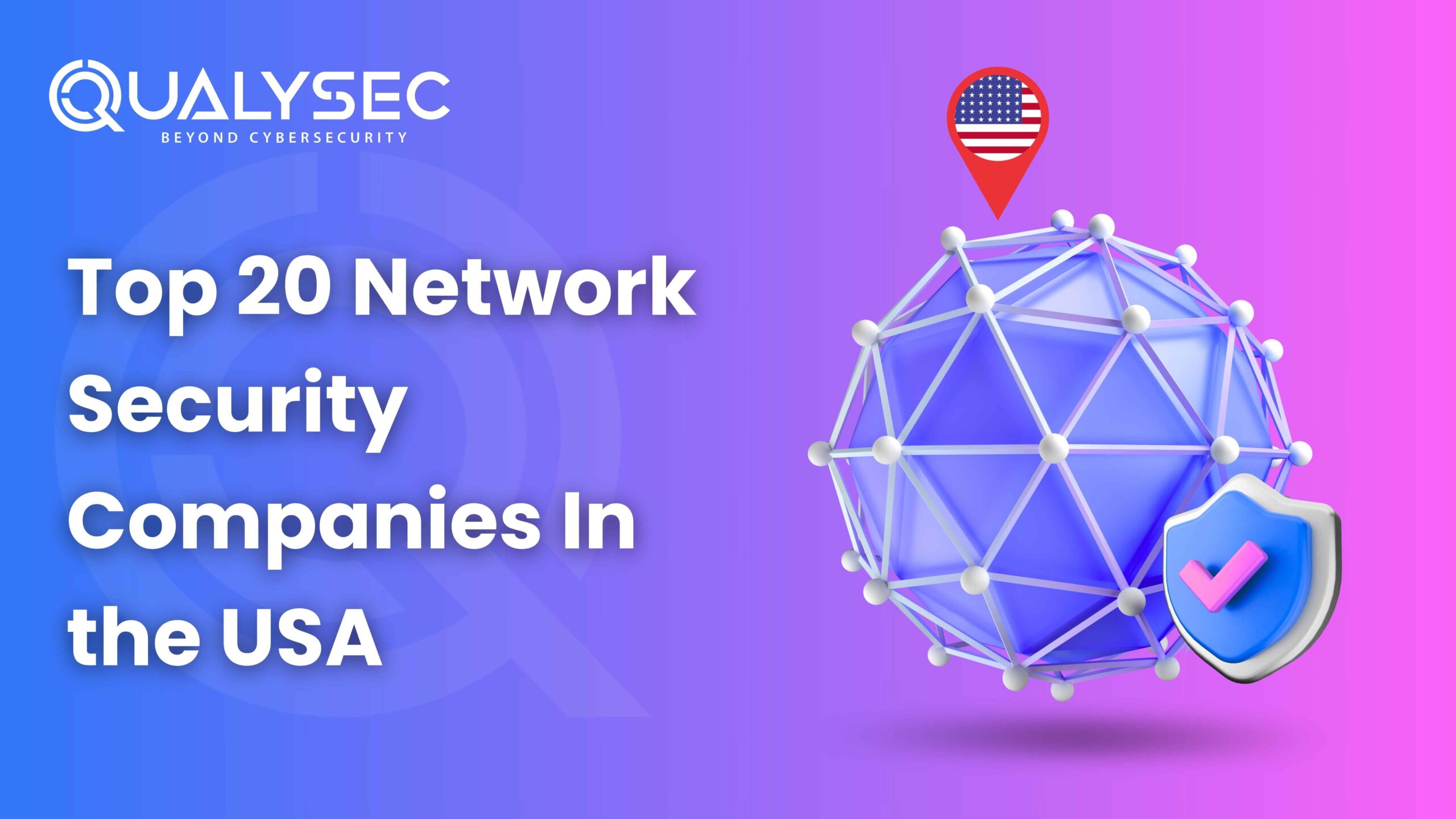
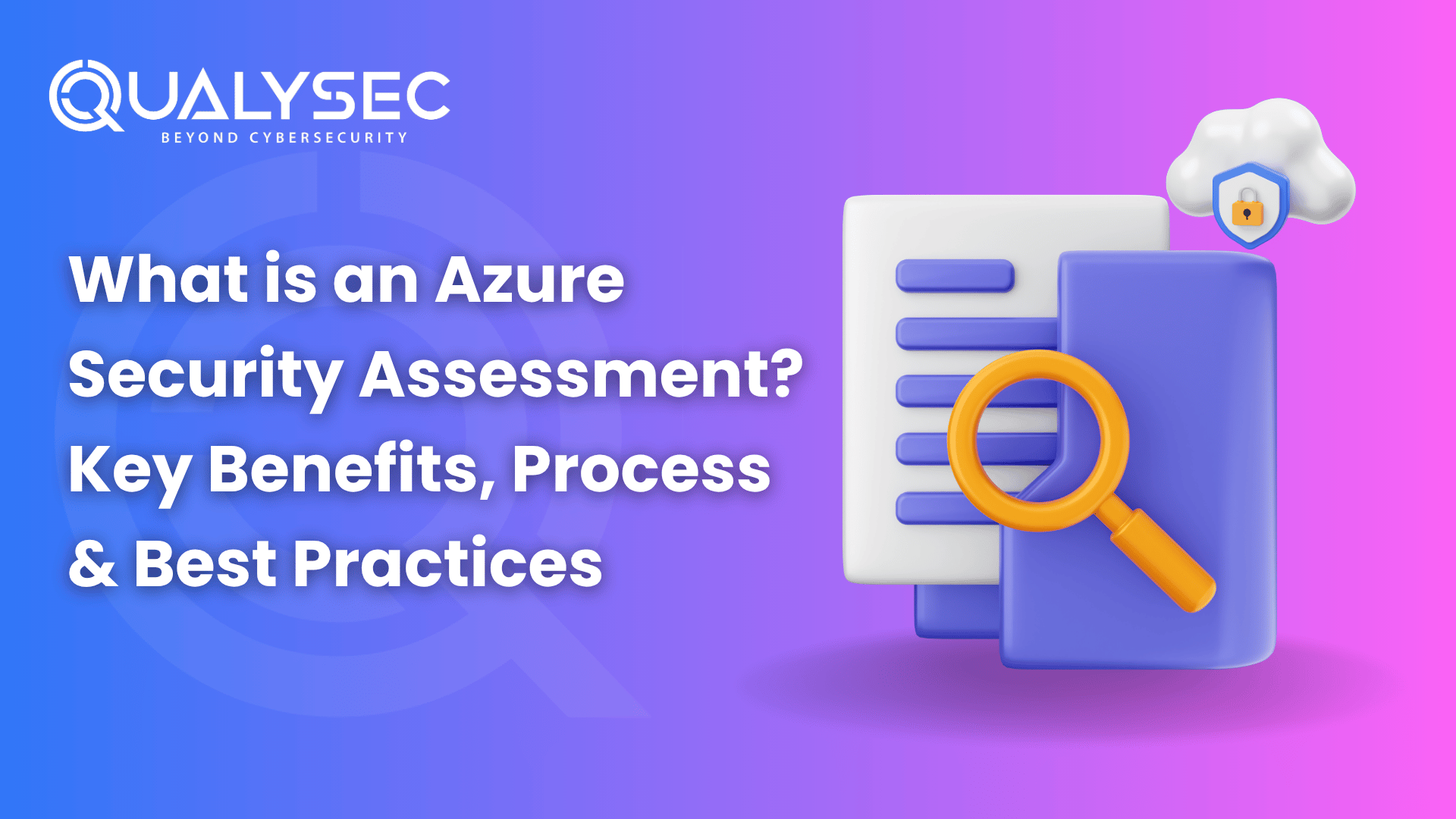
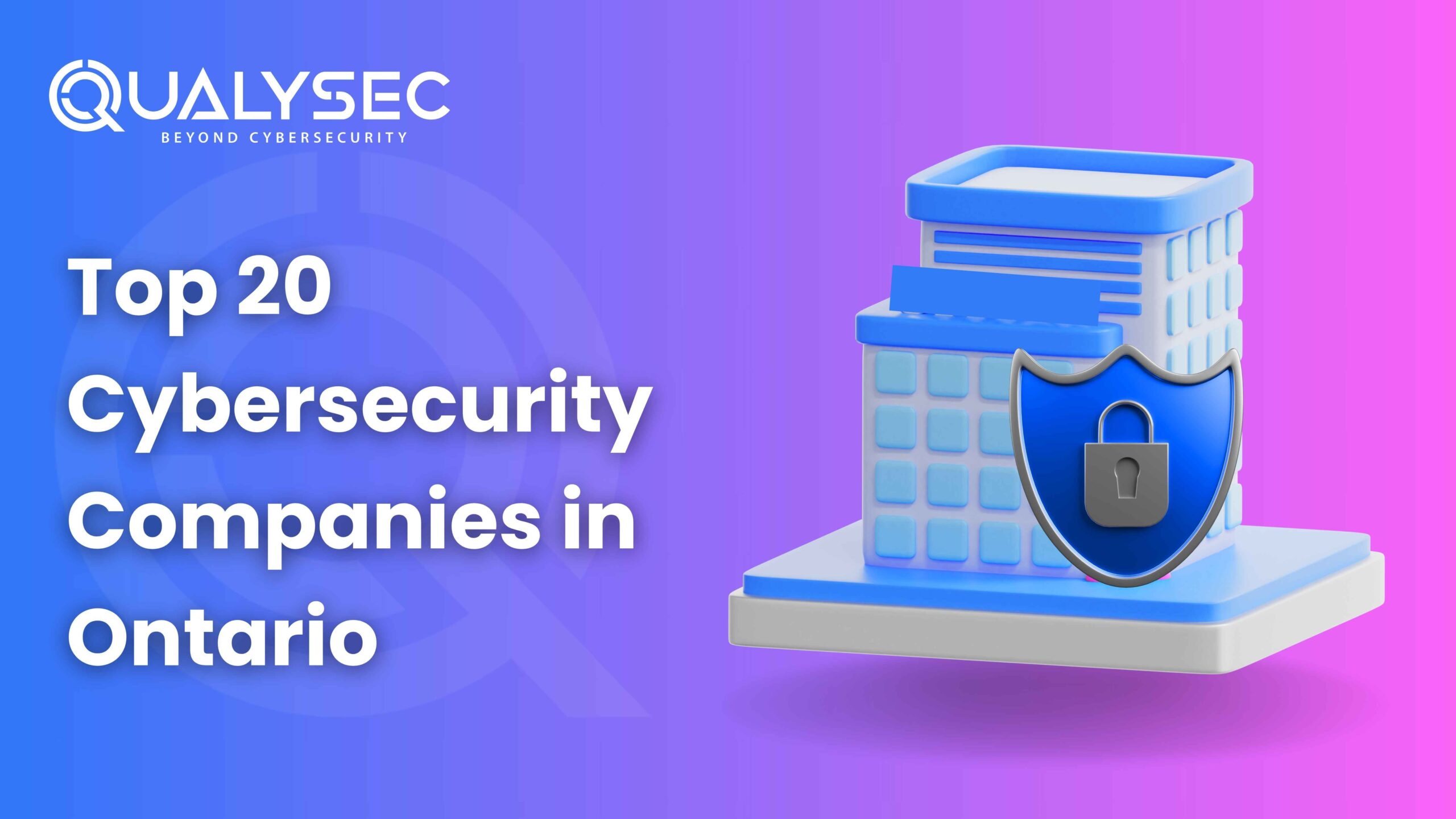
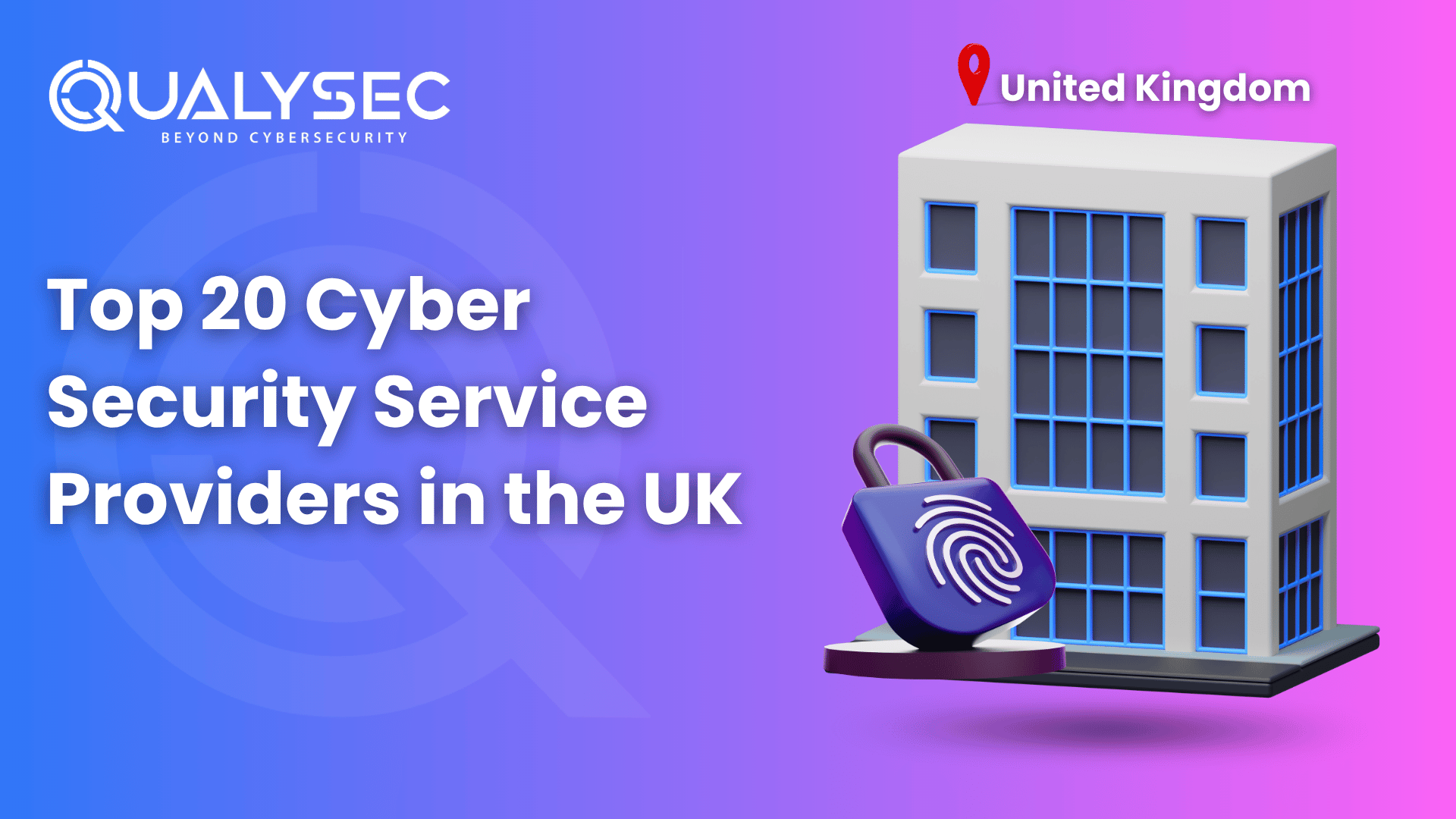
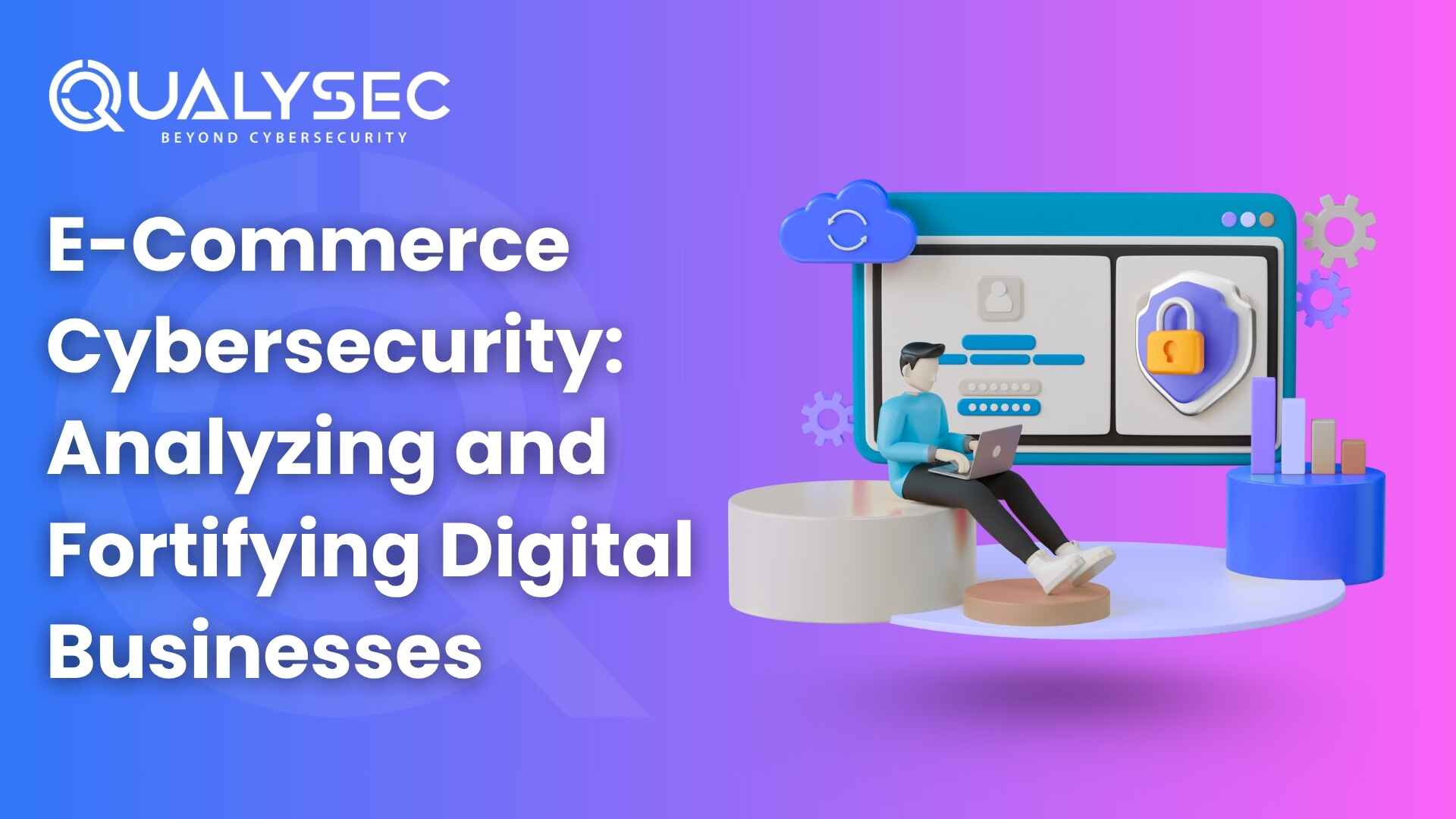
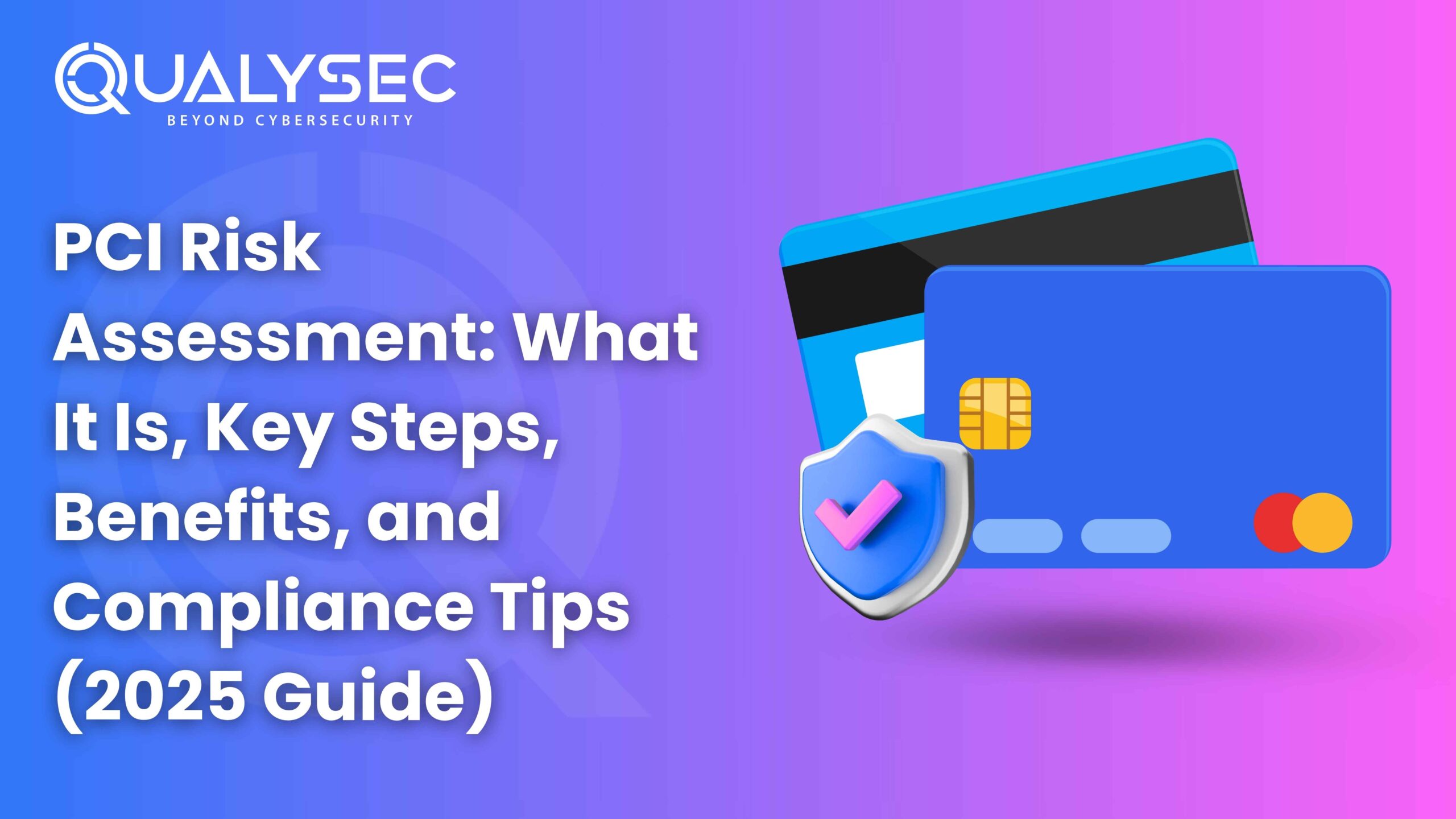
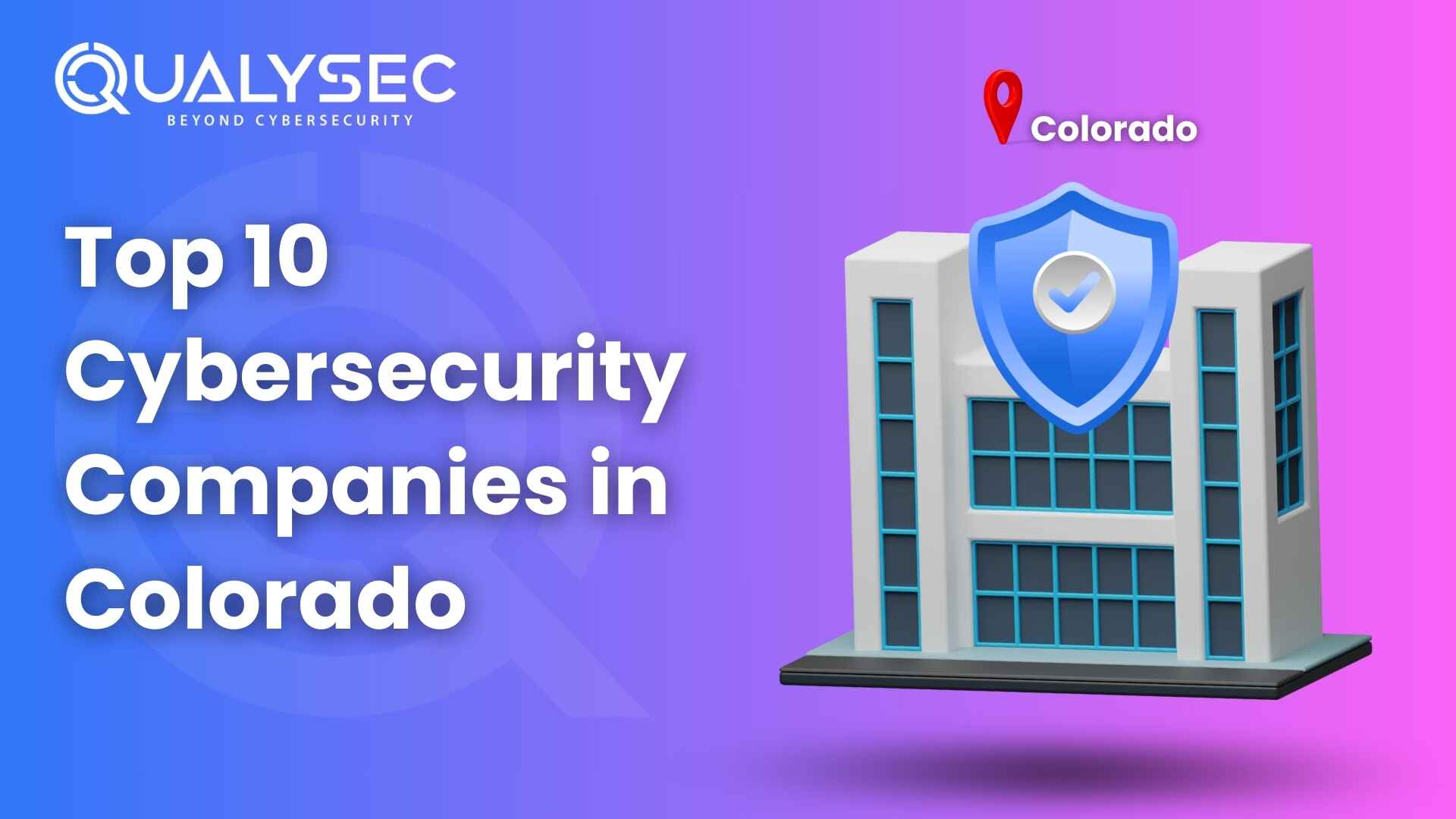

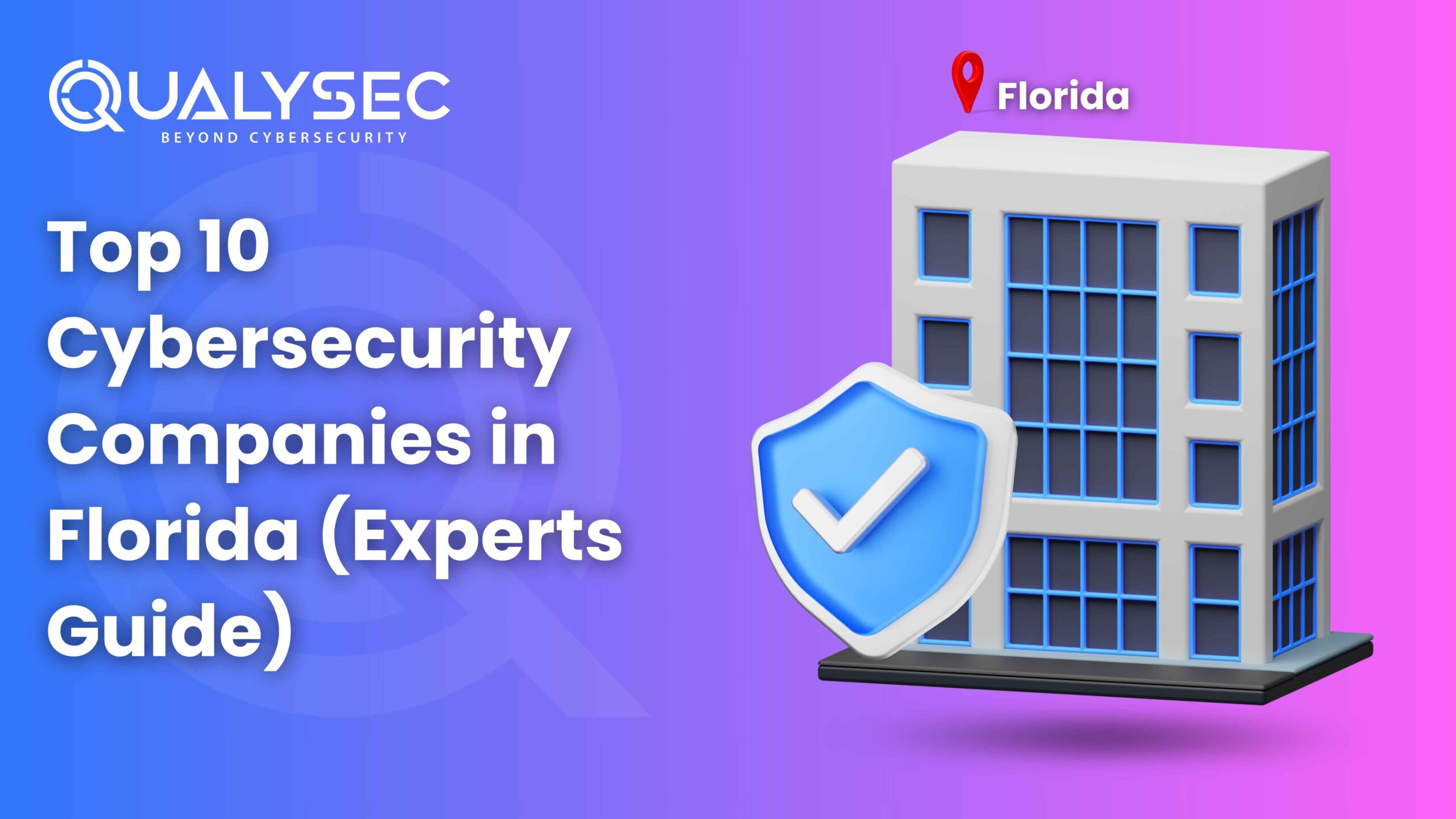










































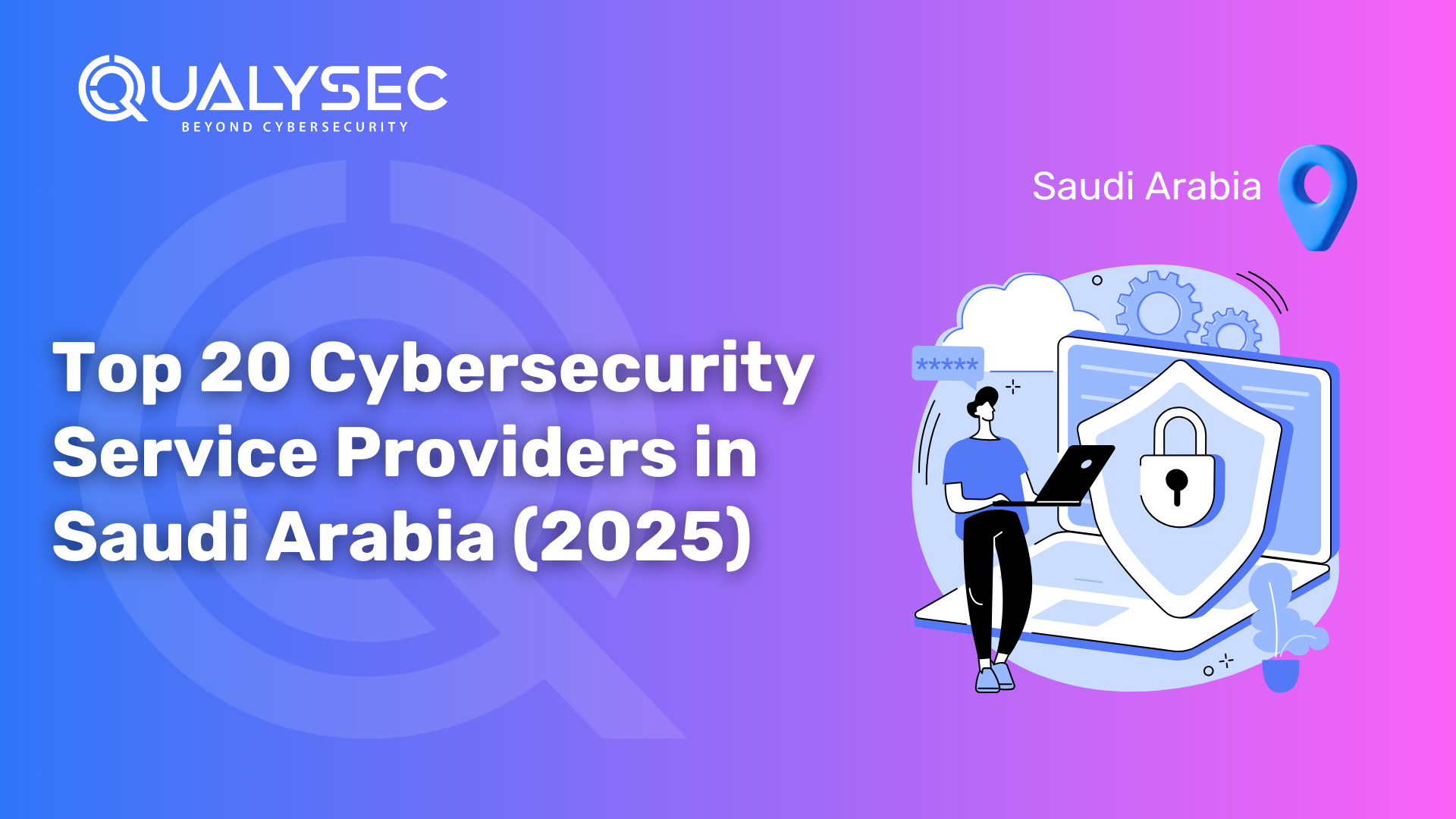
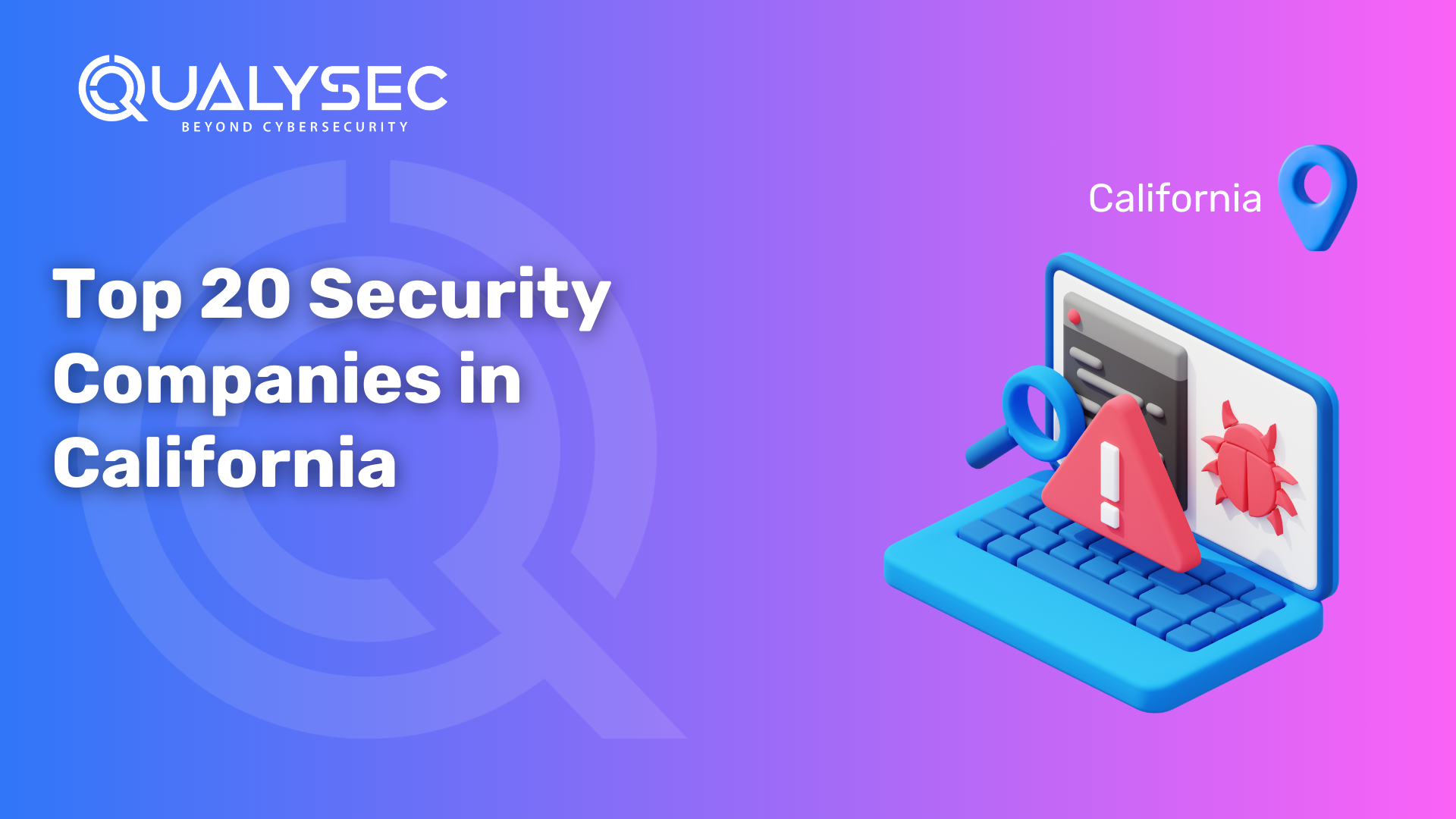







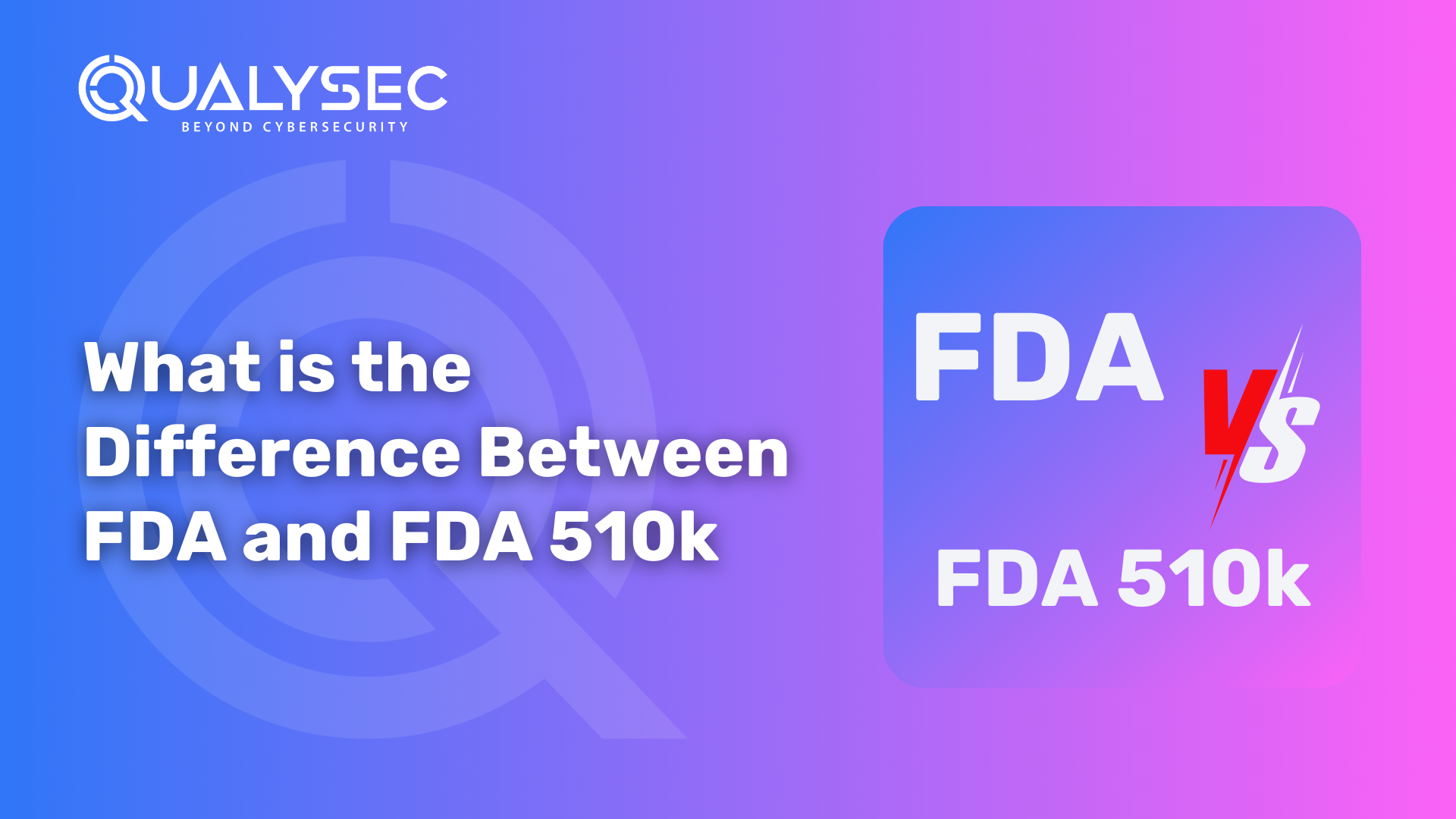









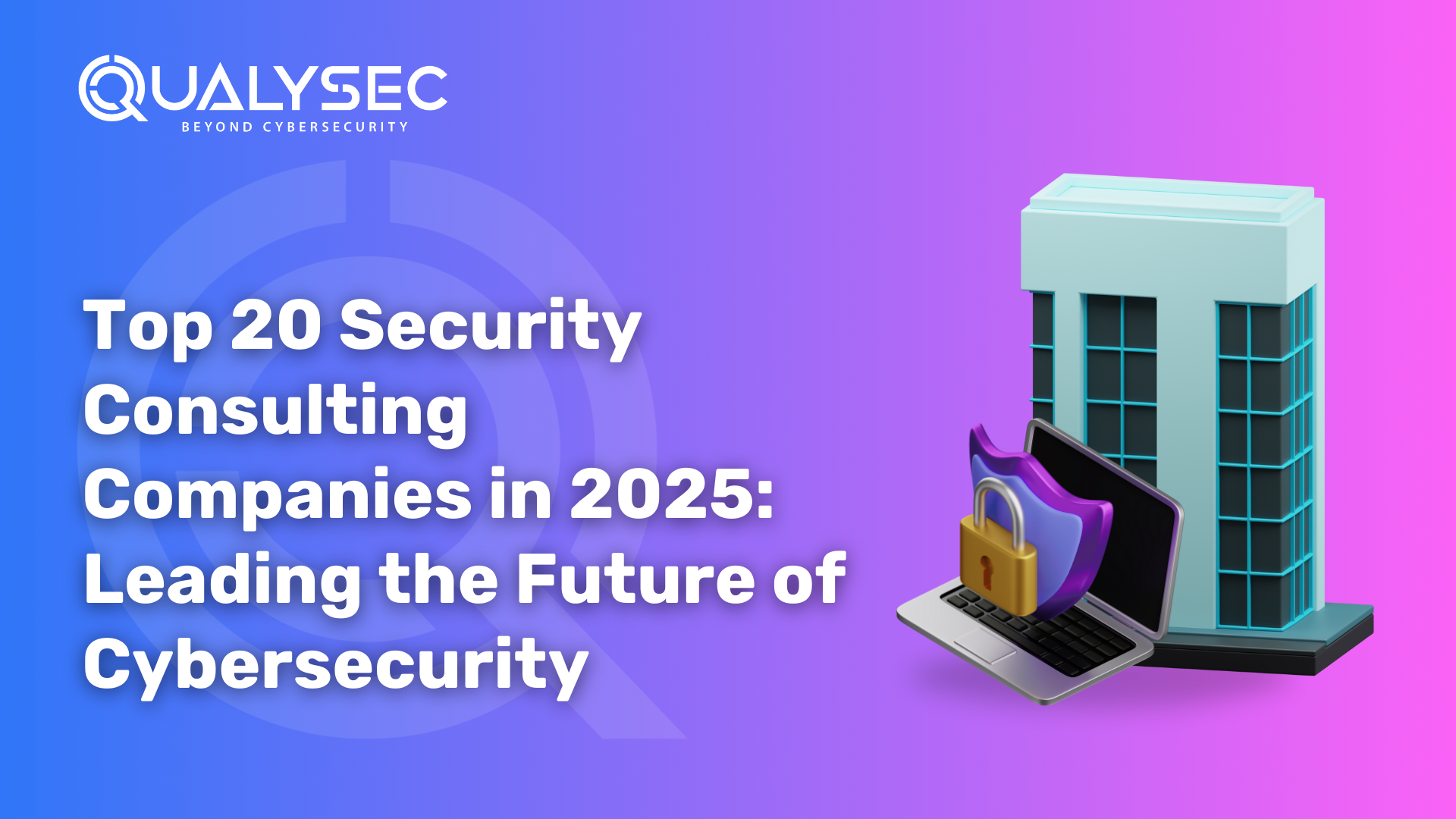
























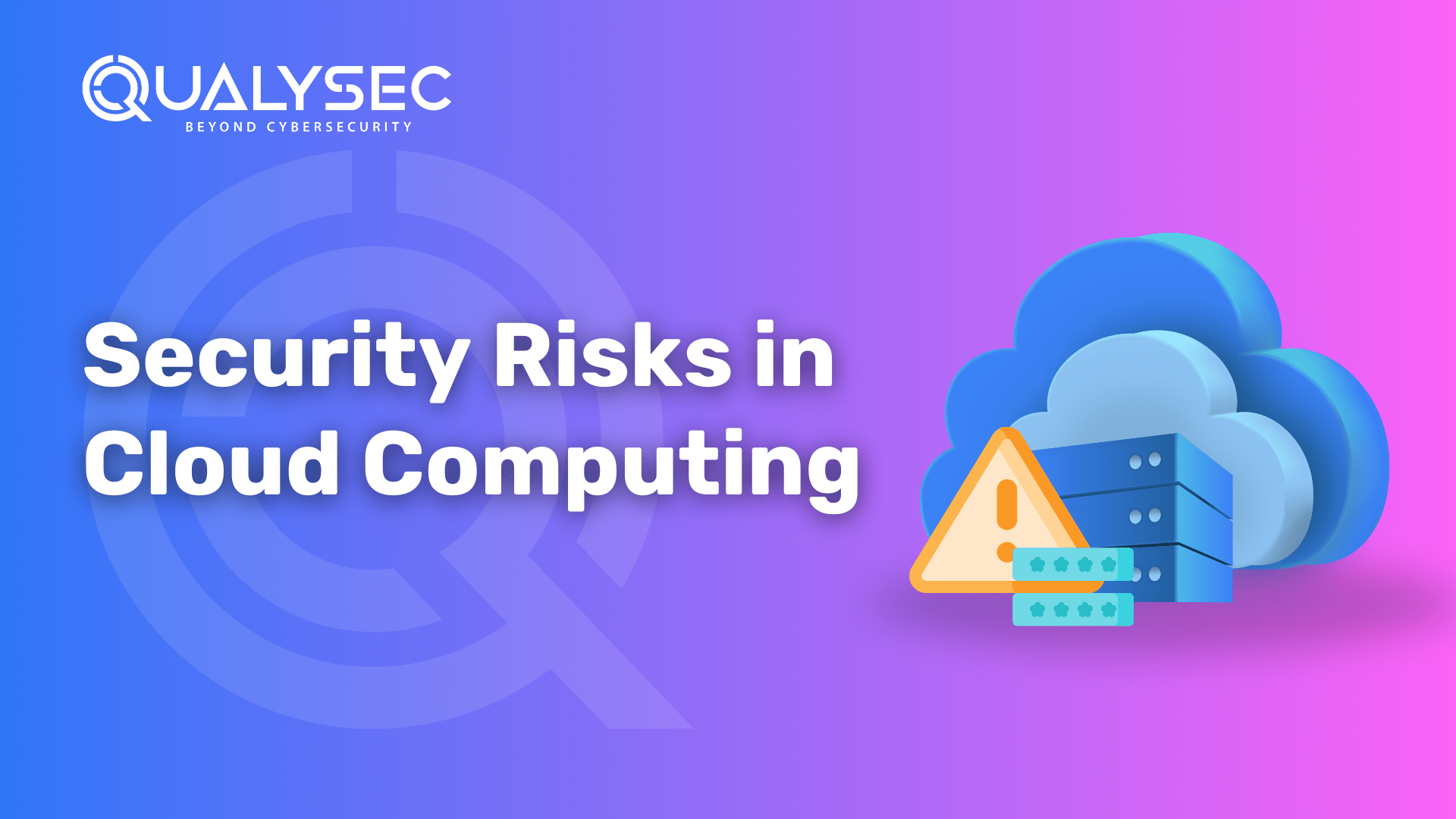







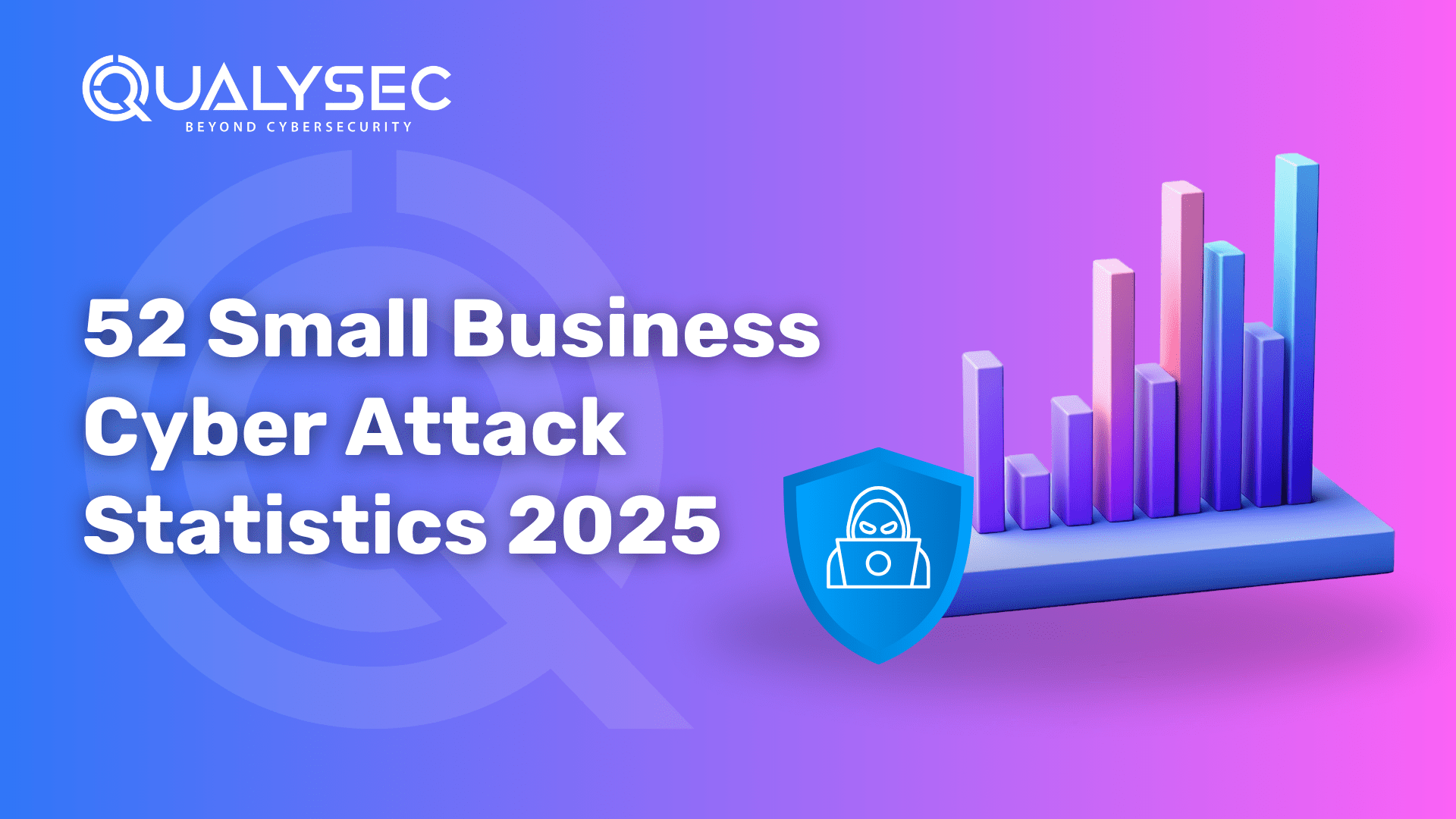


























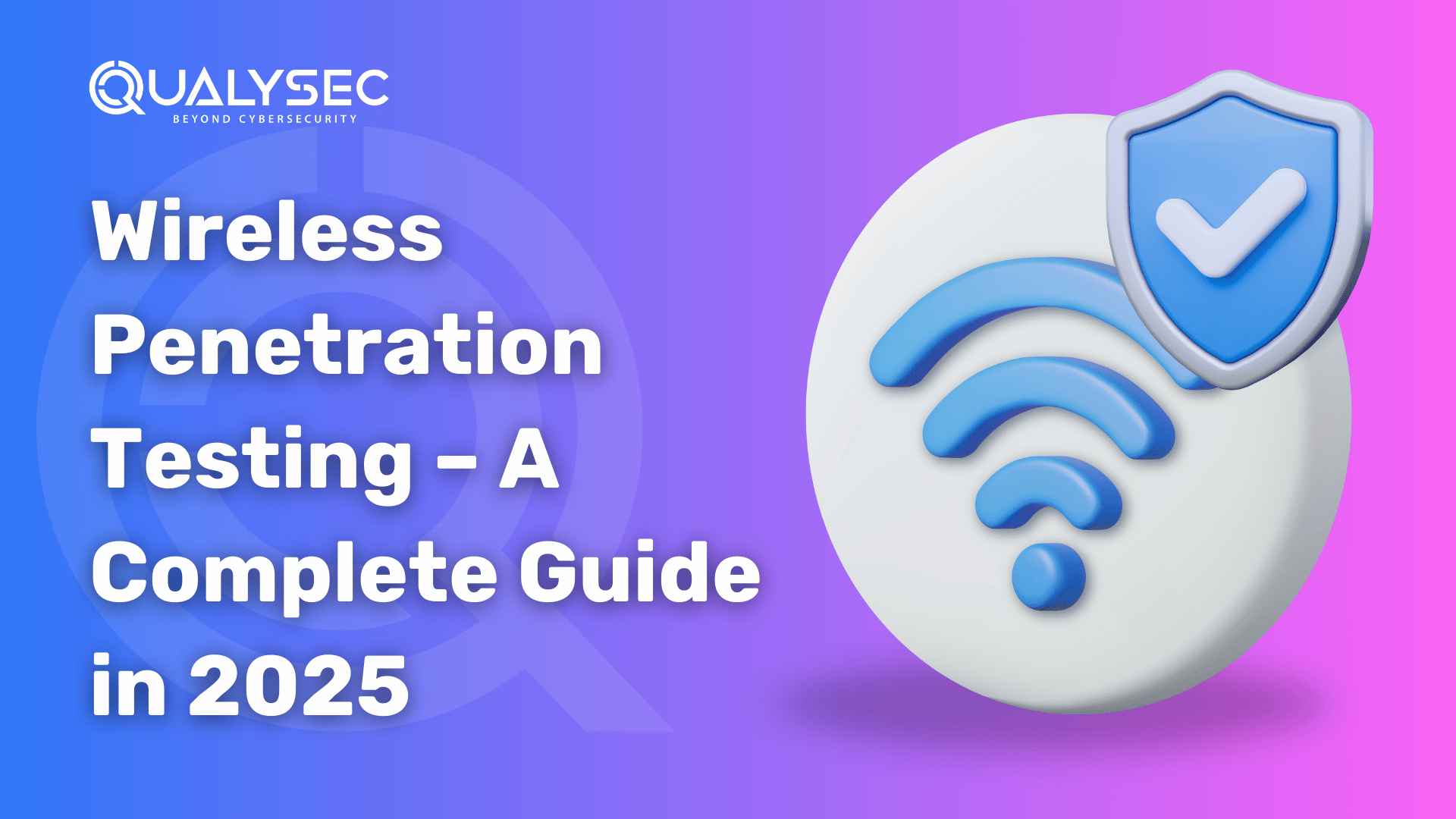




























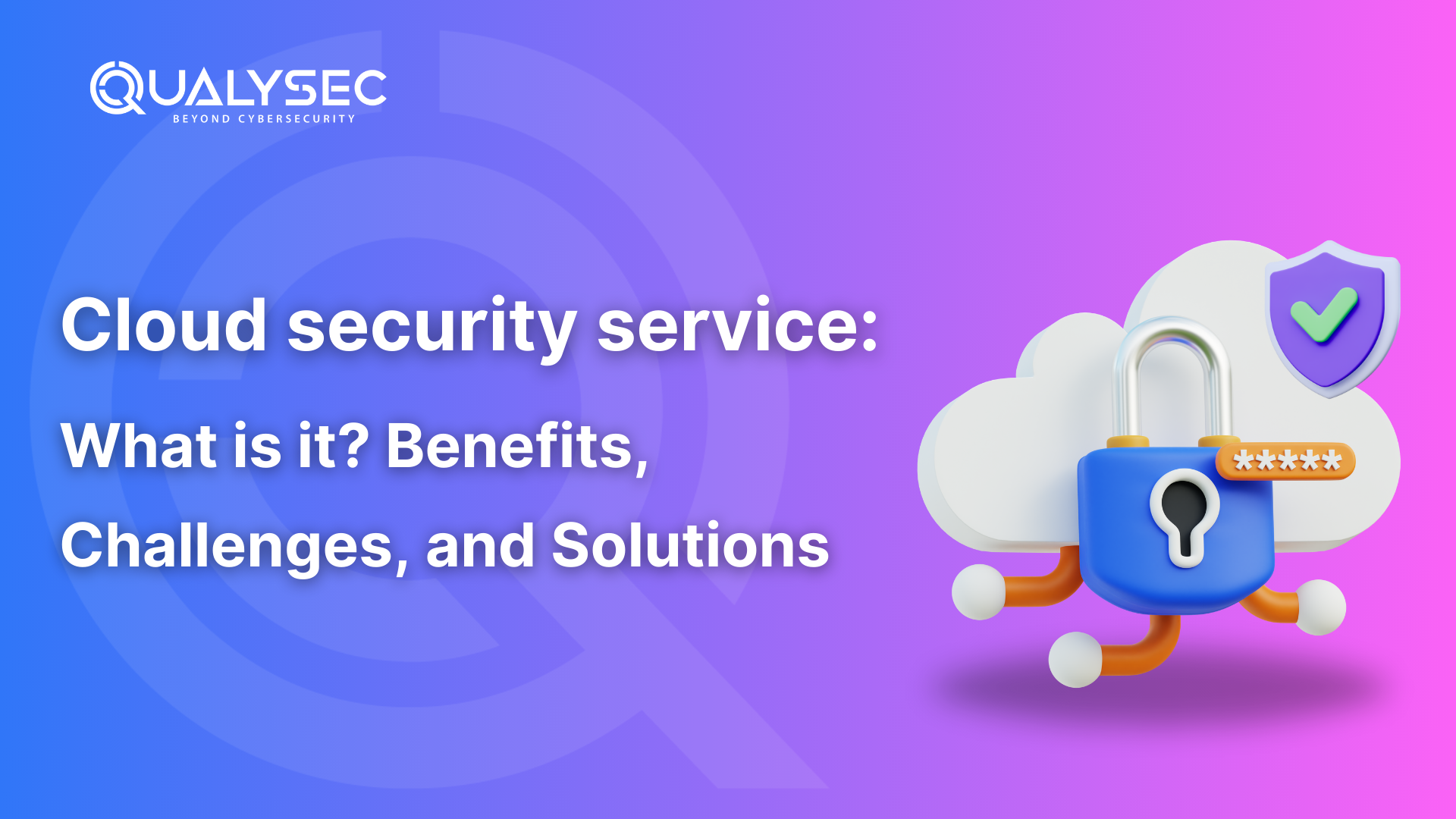



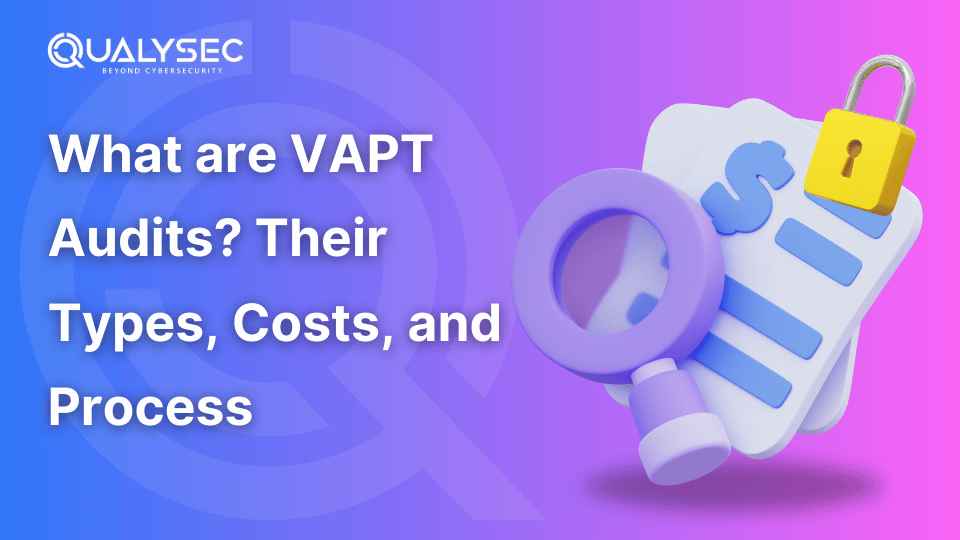








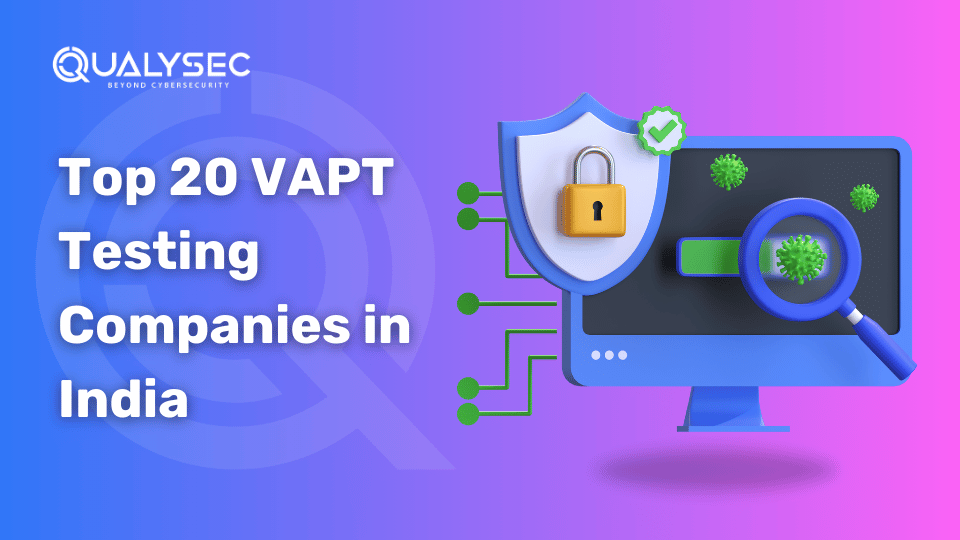


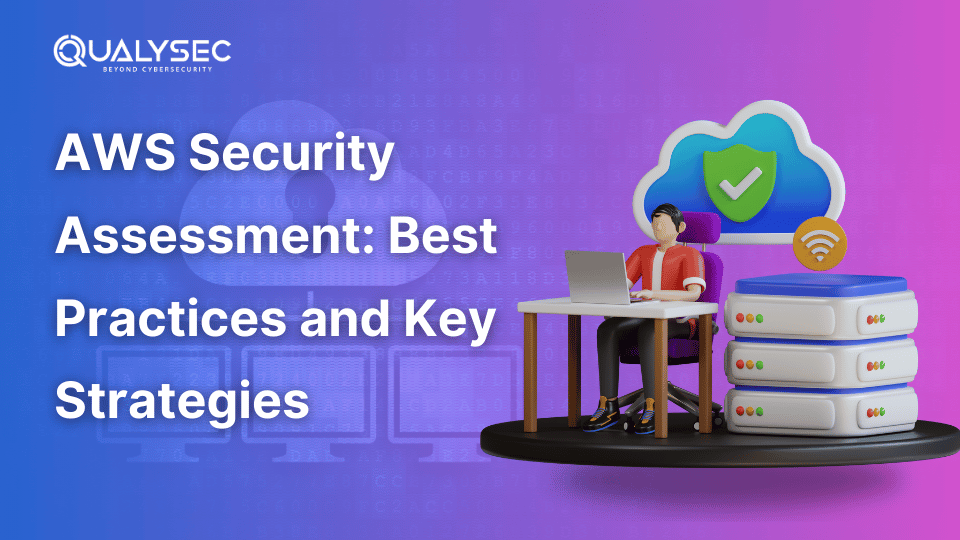




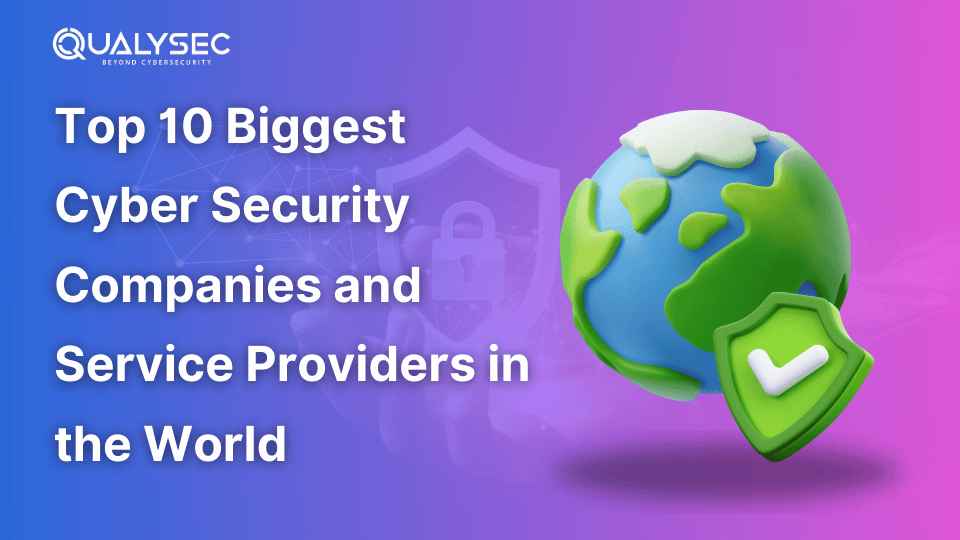















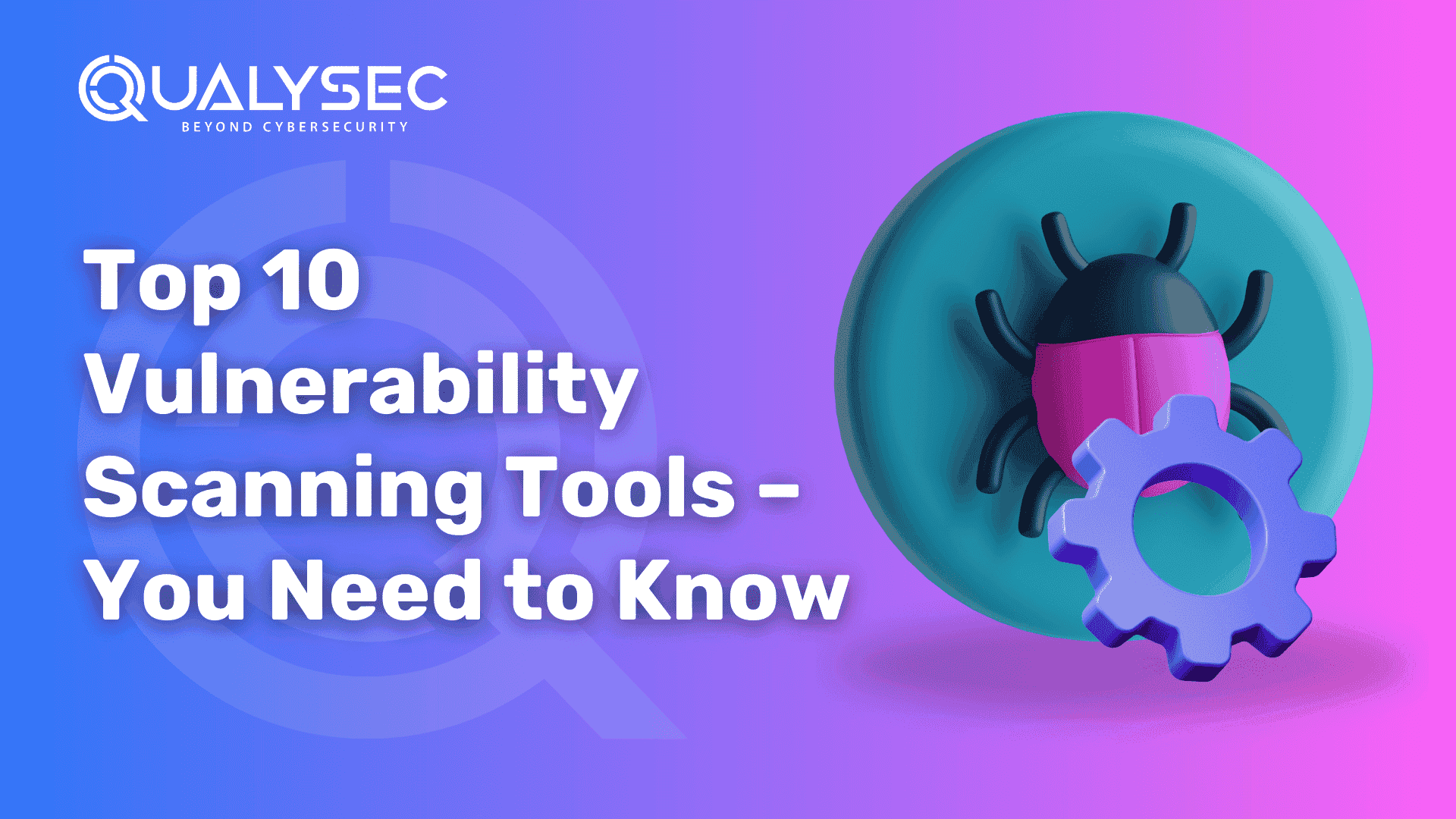


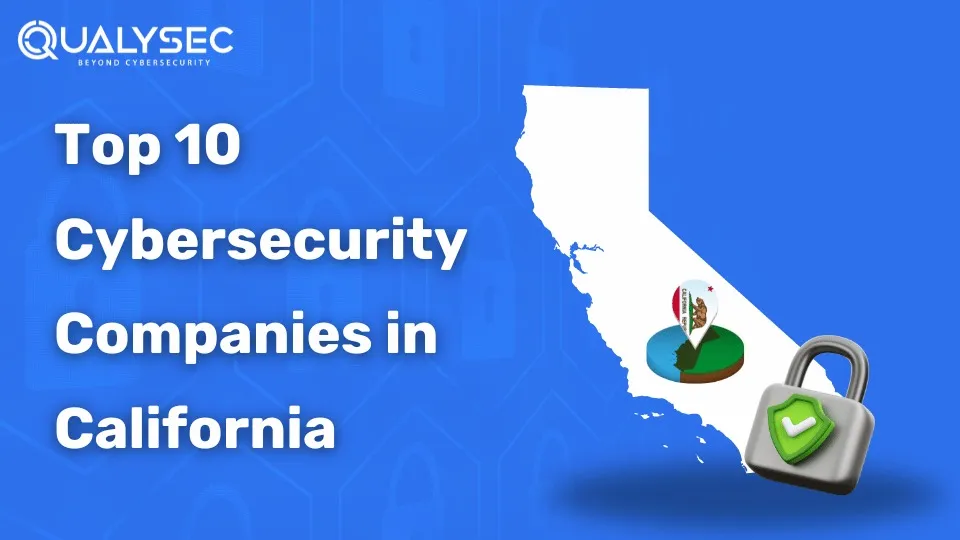
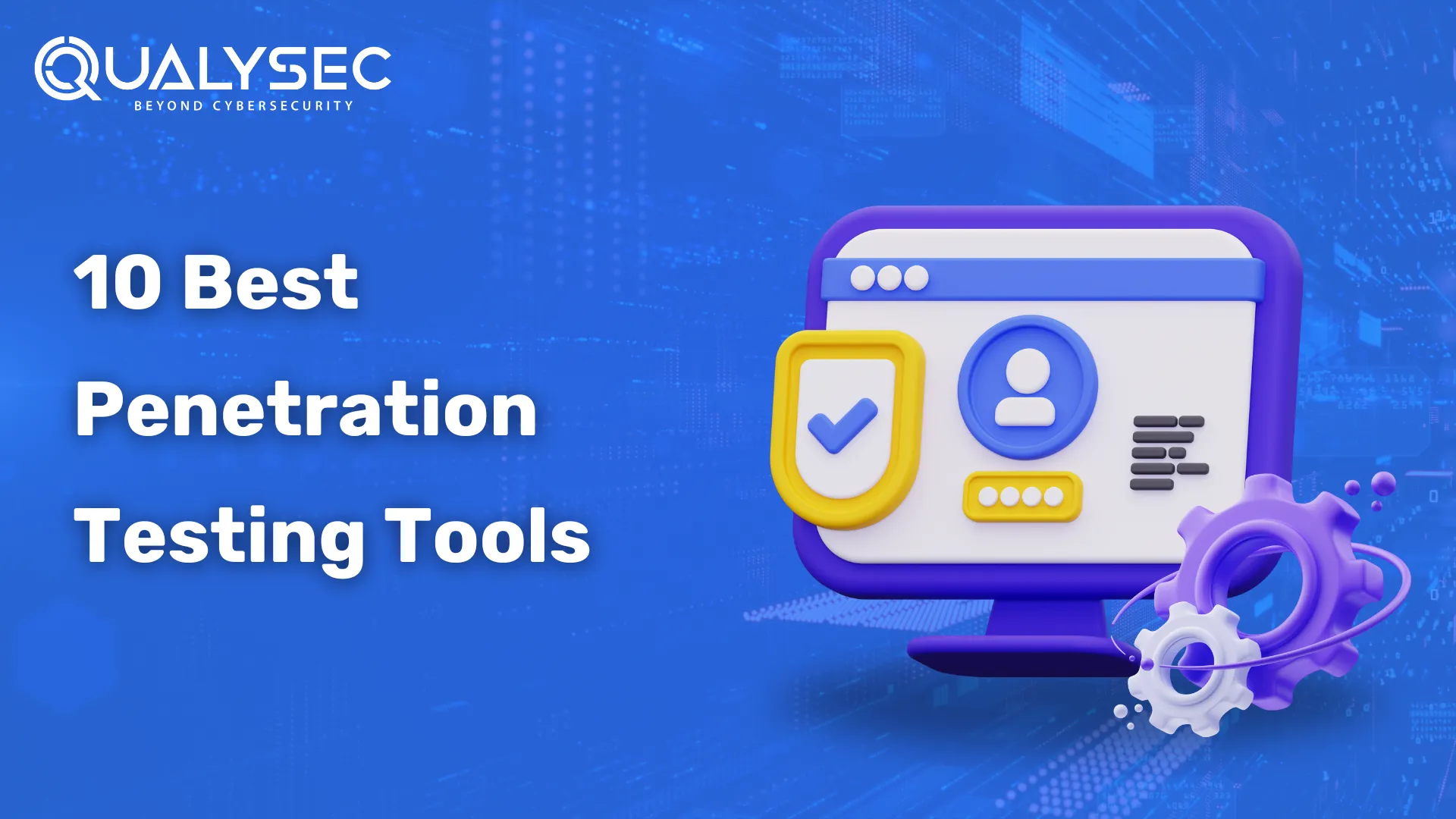





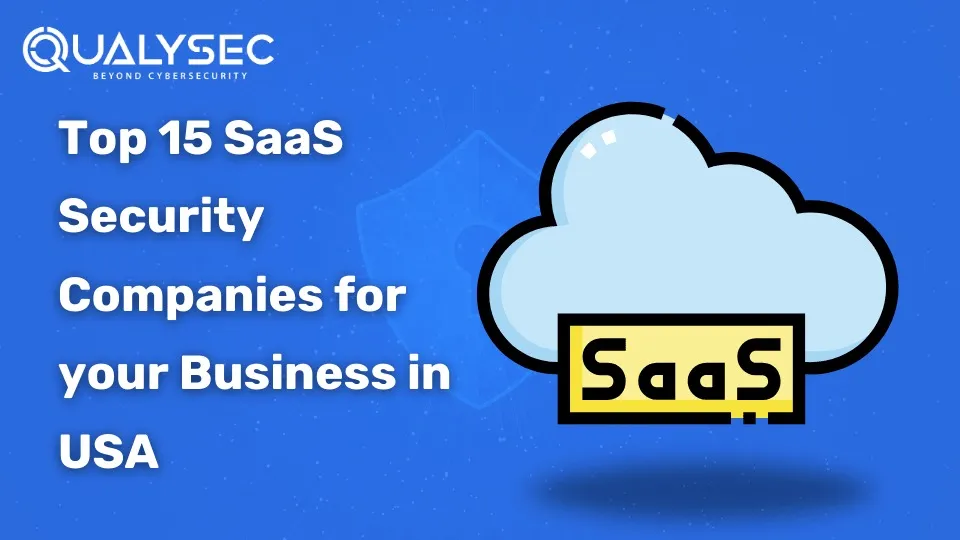



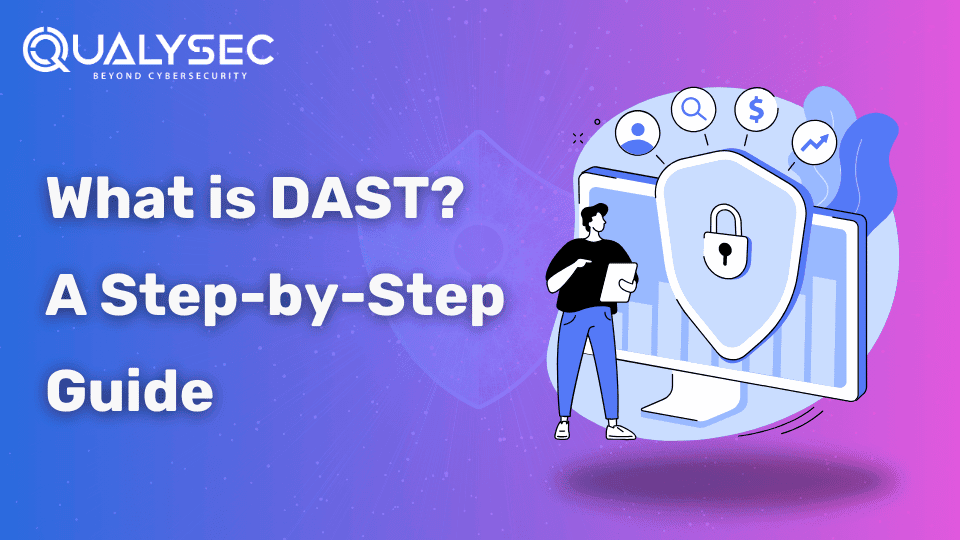


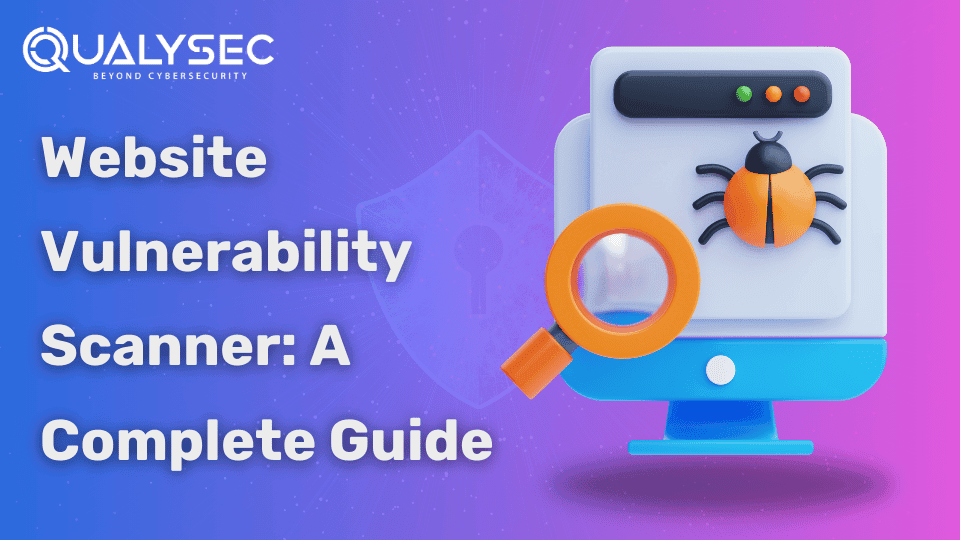

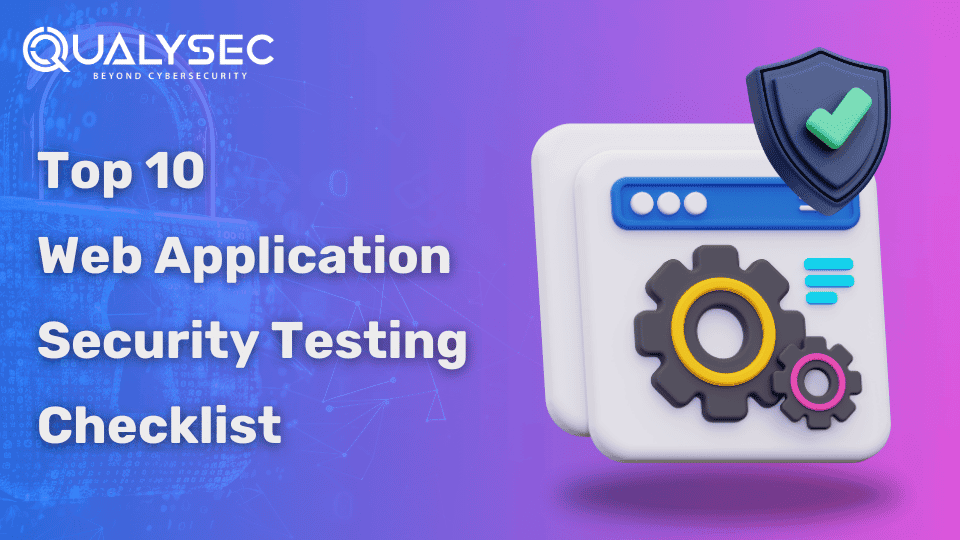

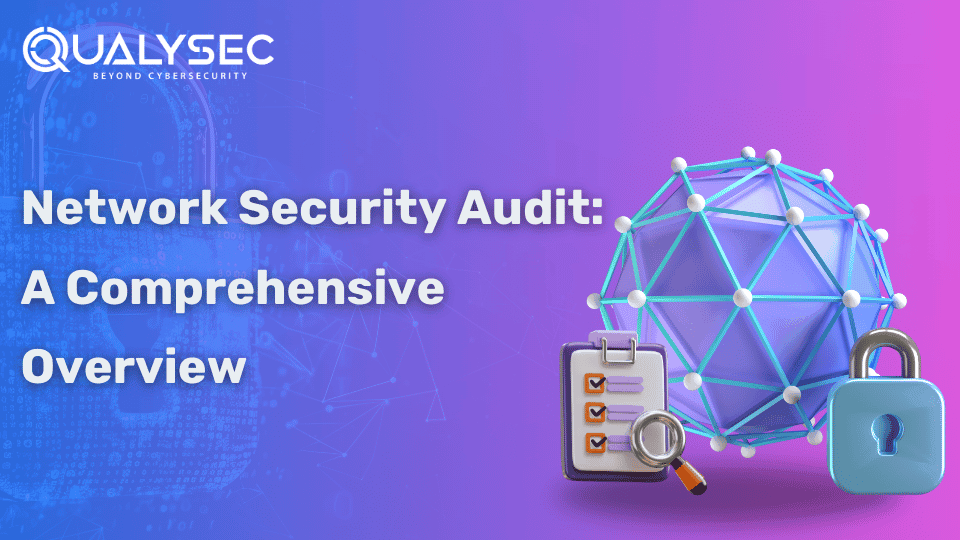











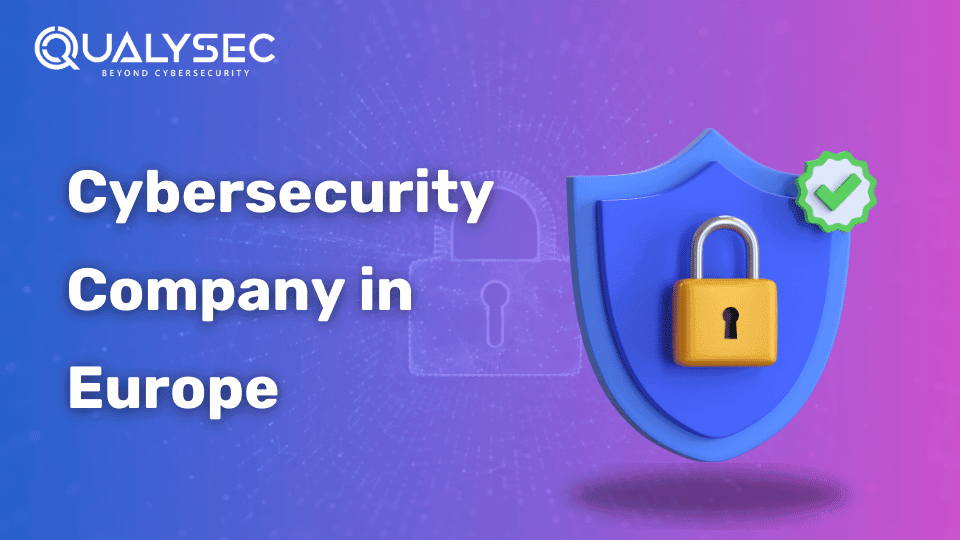
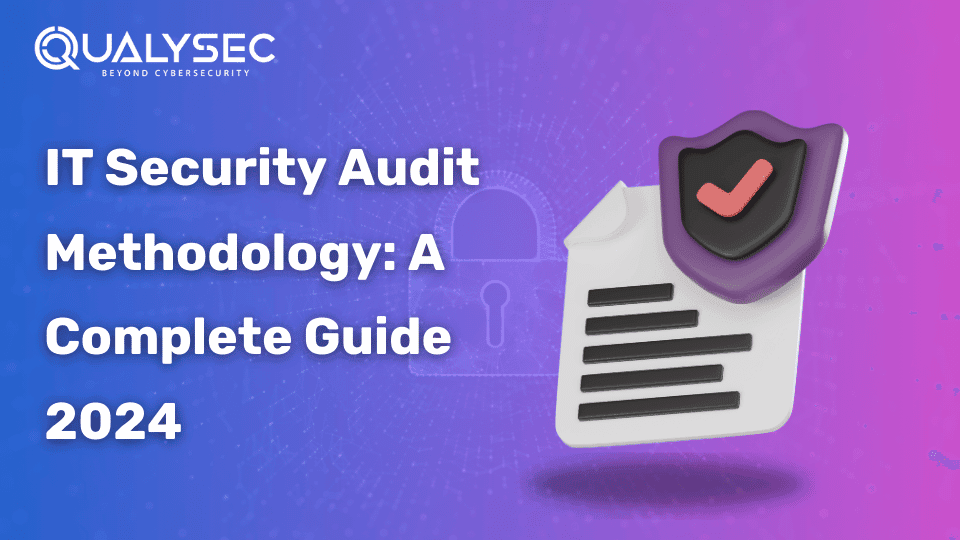

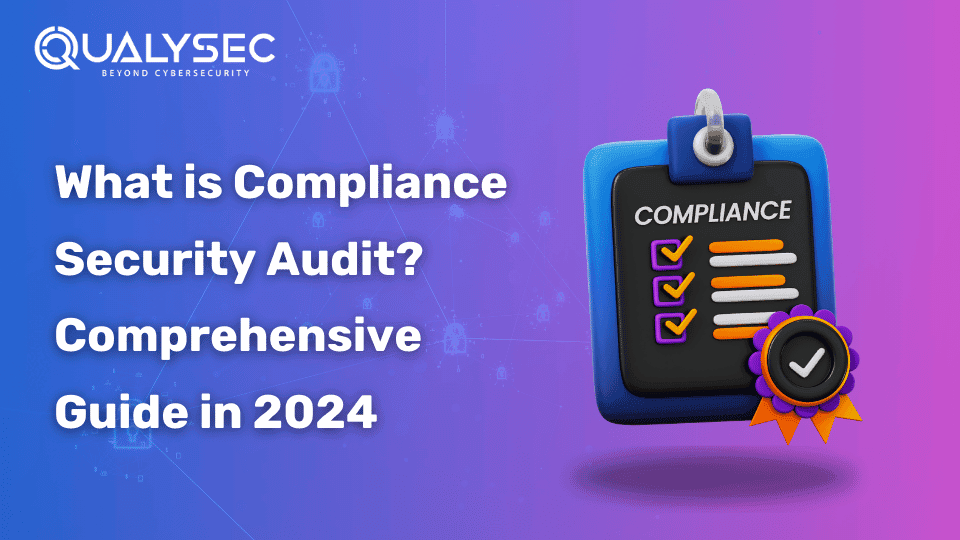


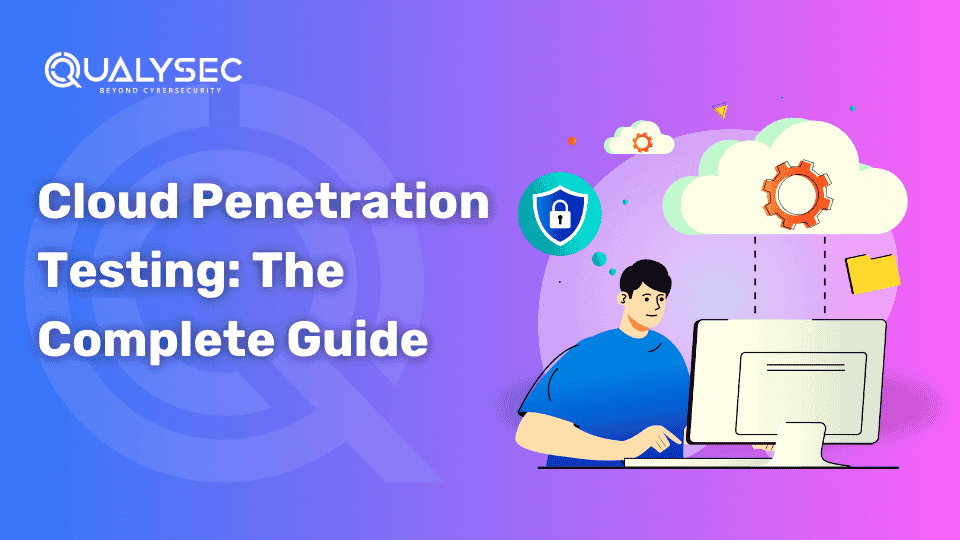


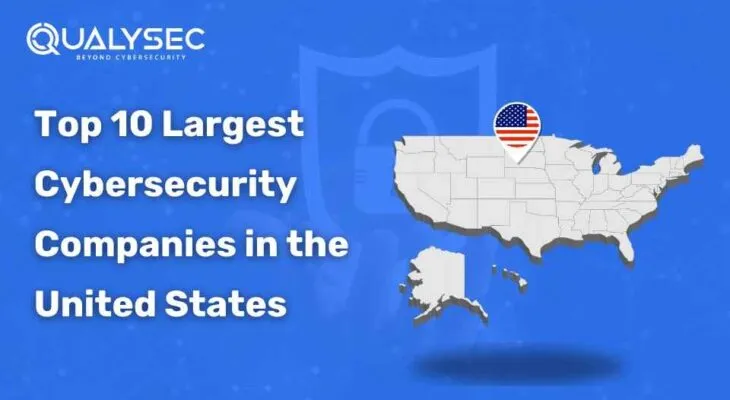


























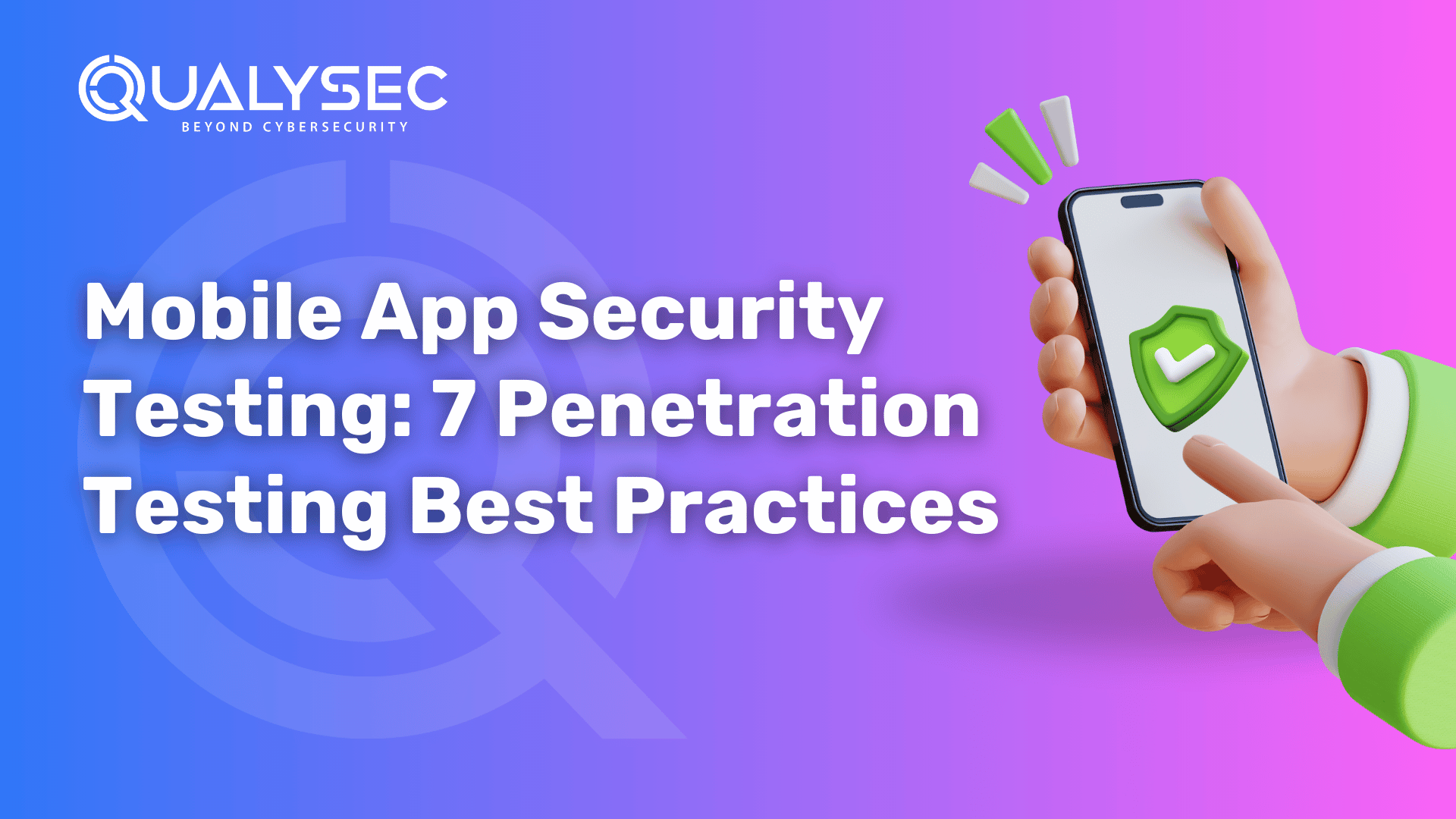














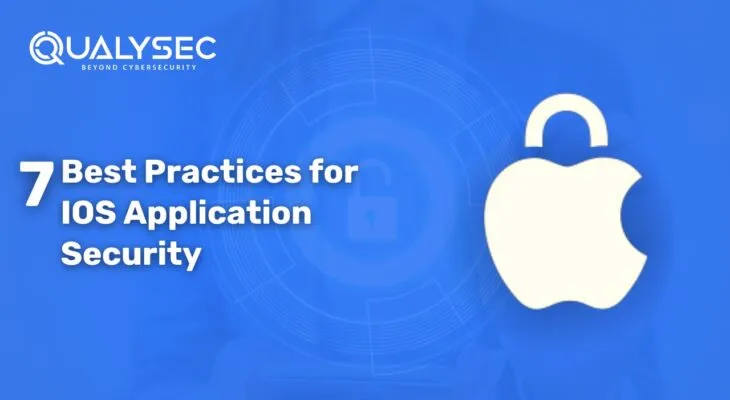


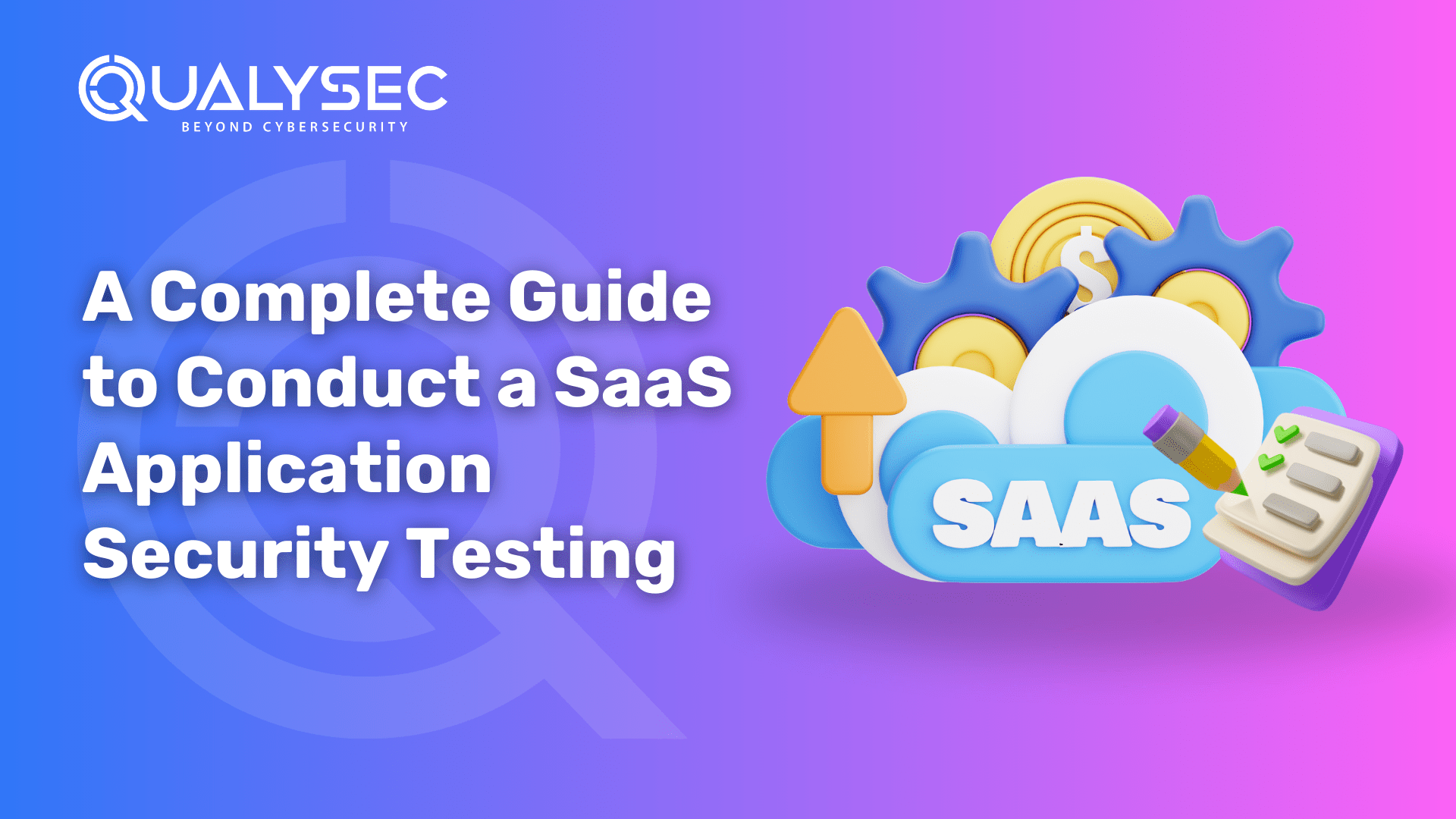





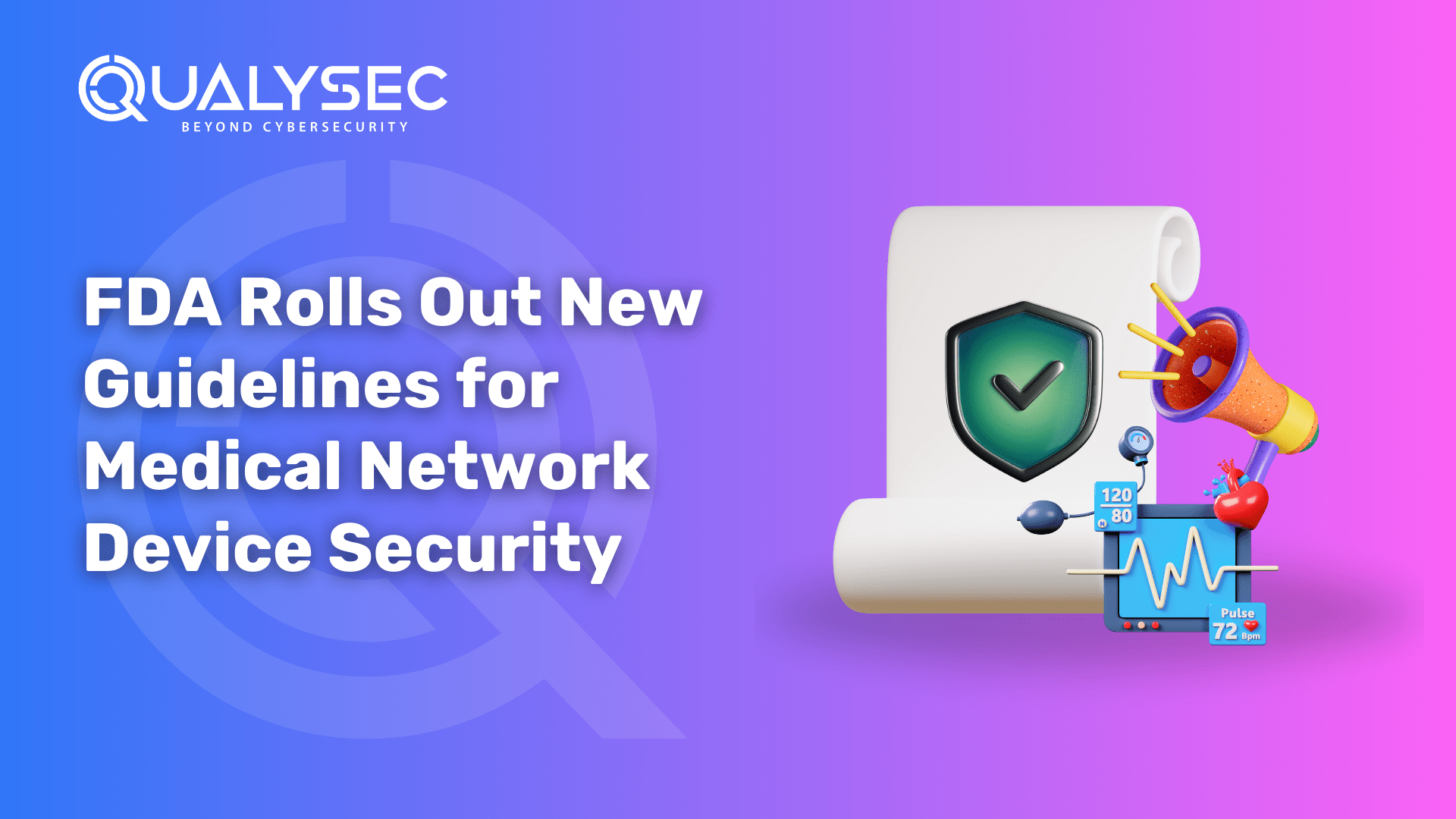





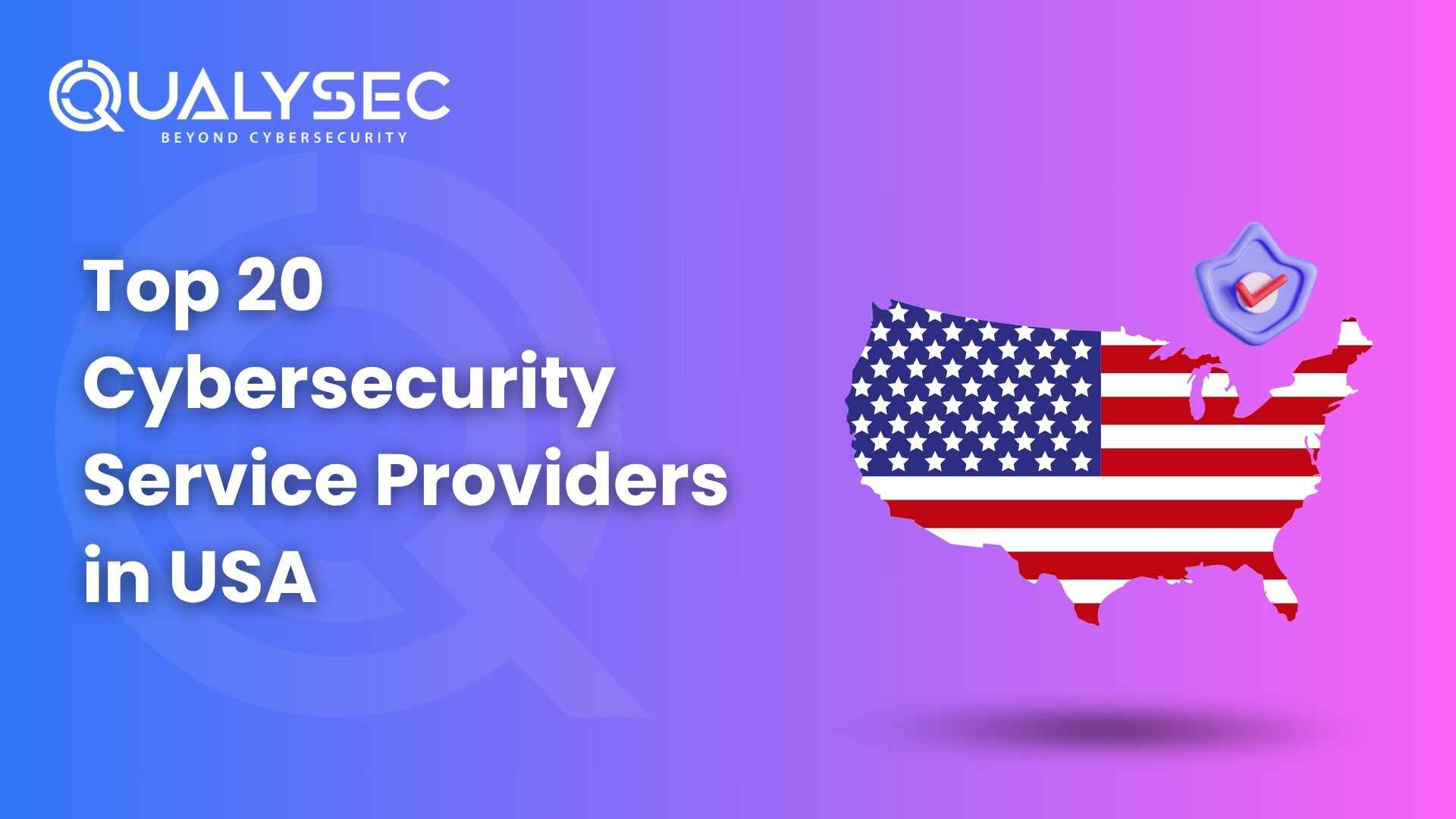










































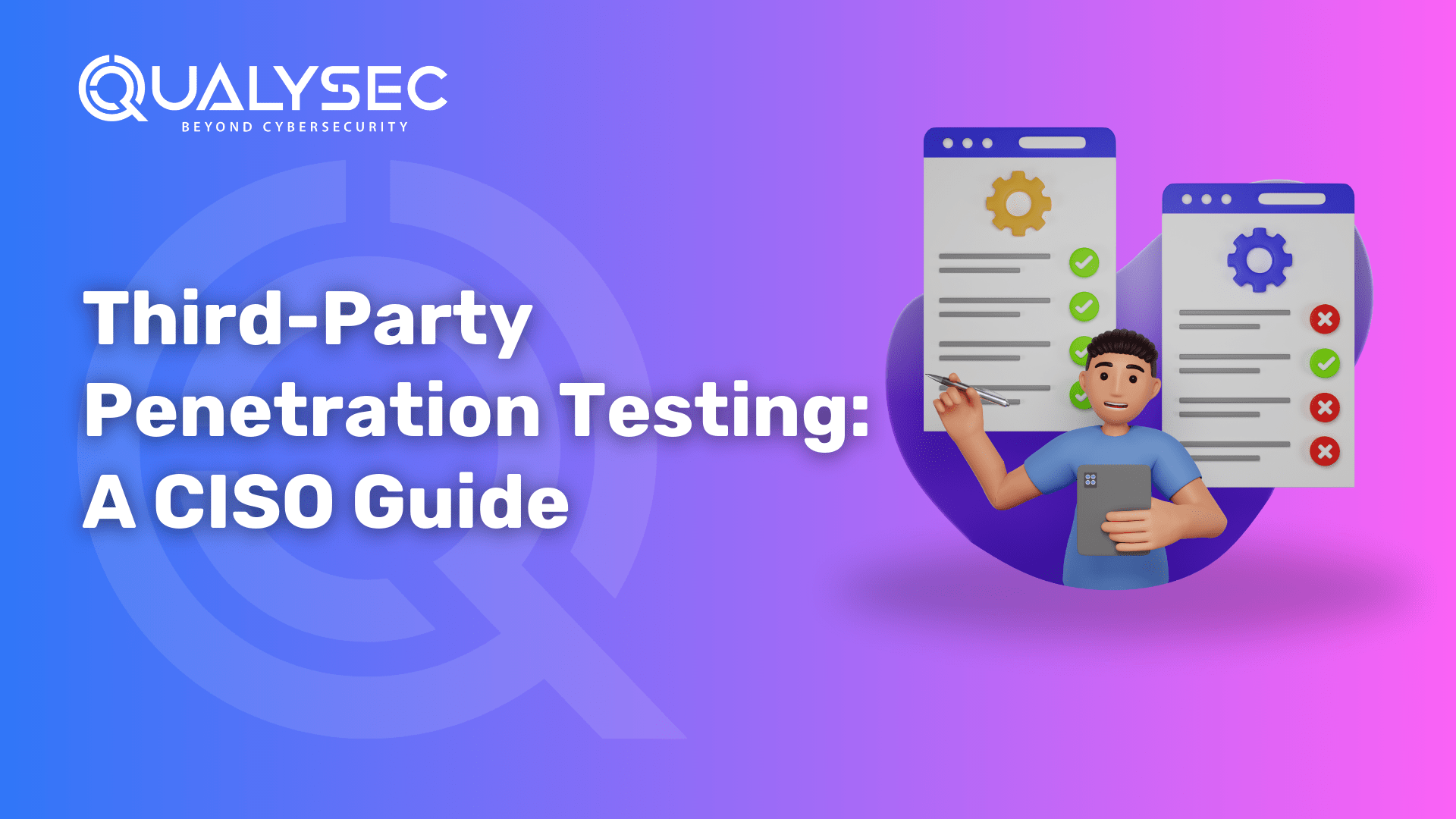





































































































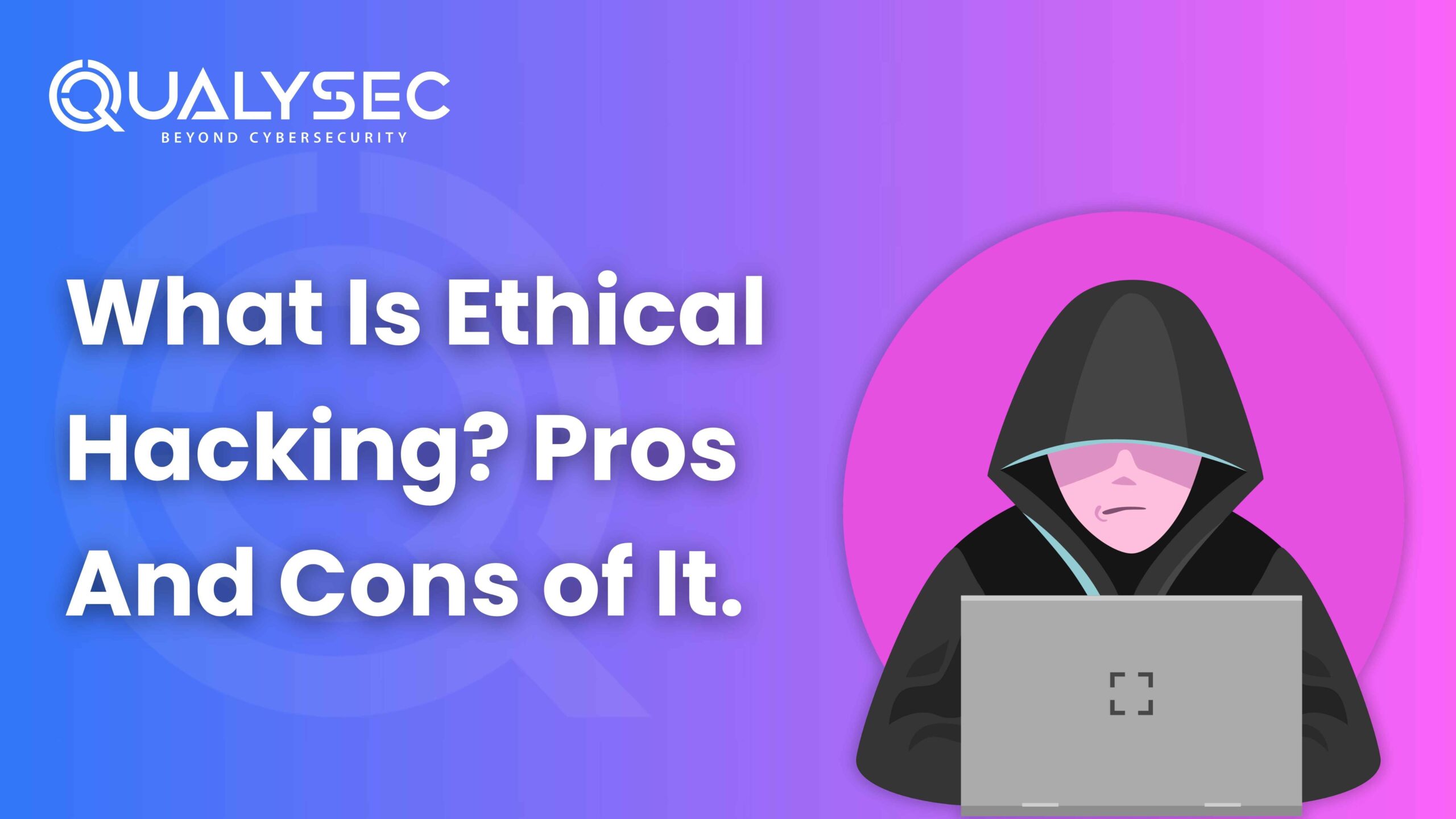







































0 Comments